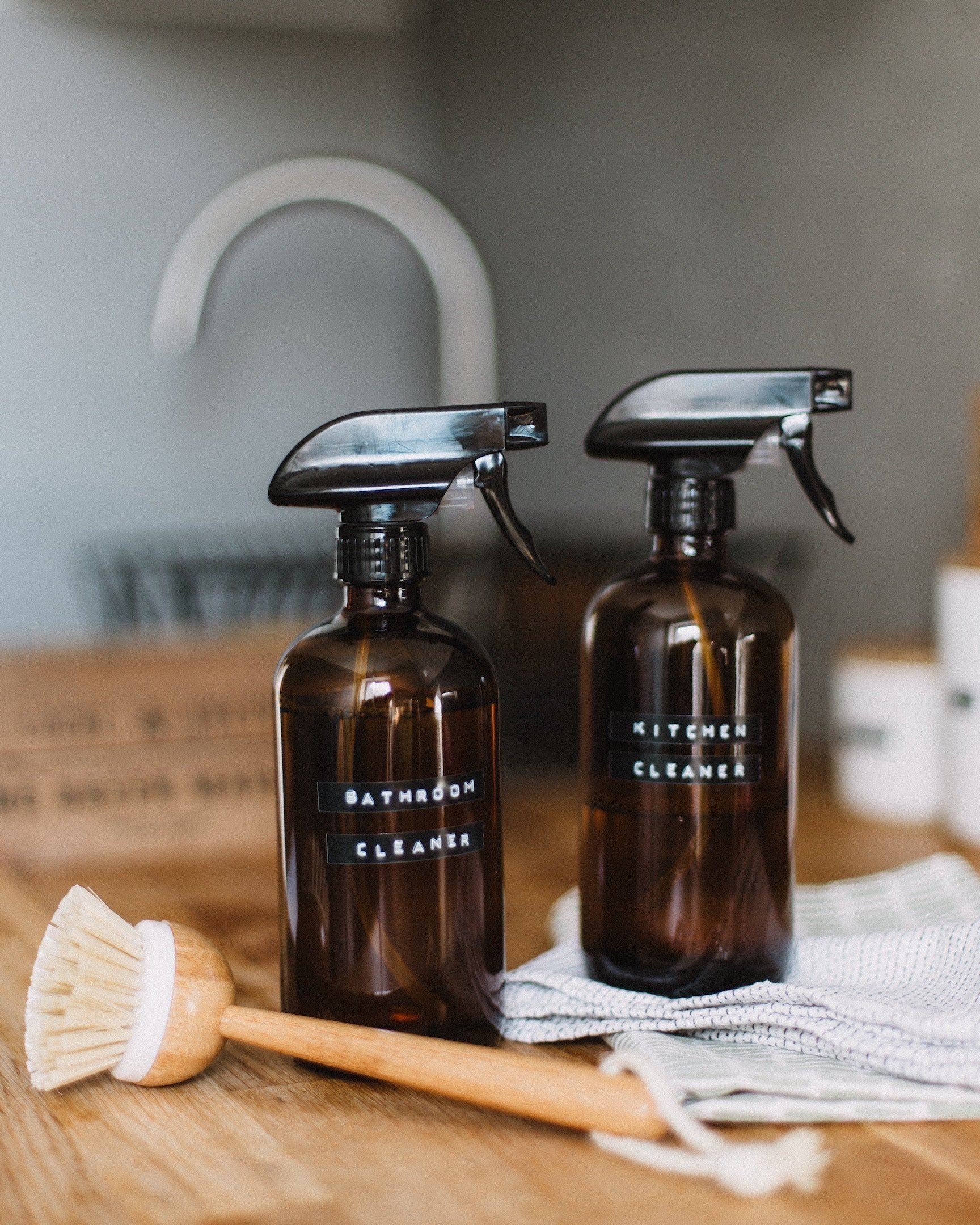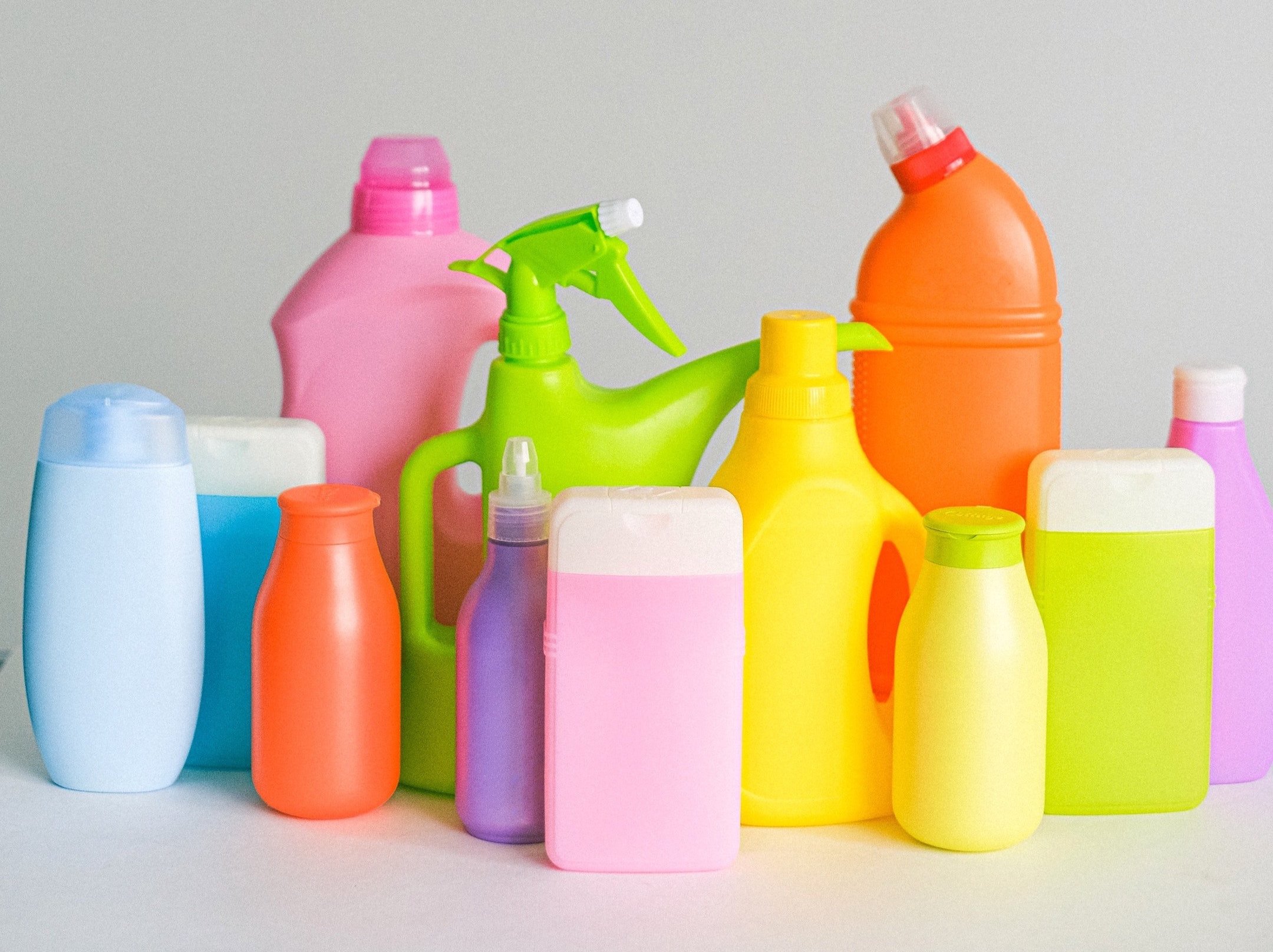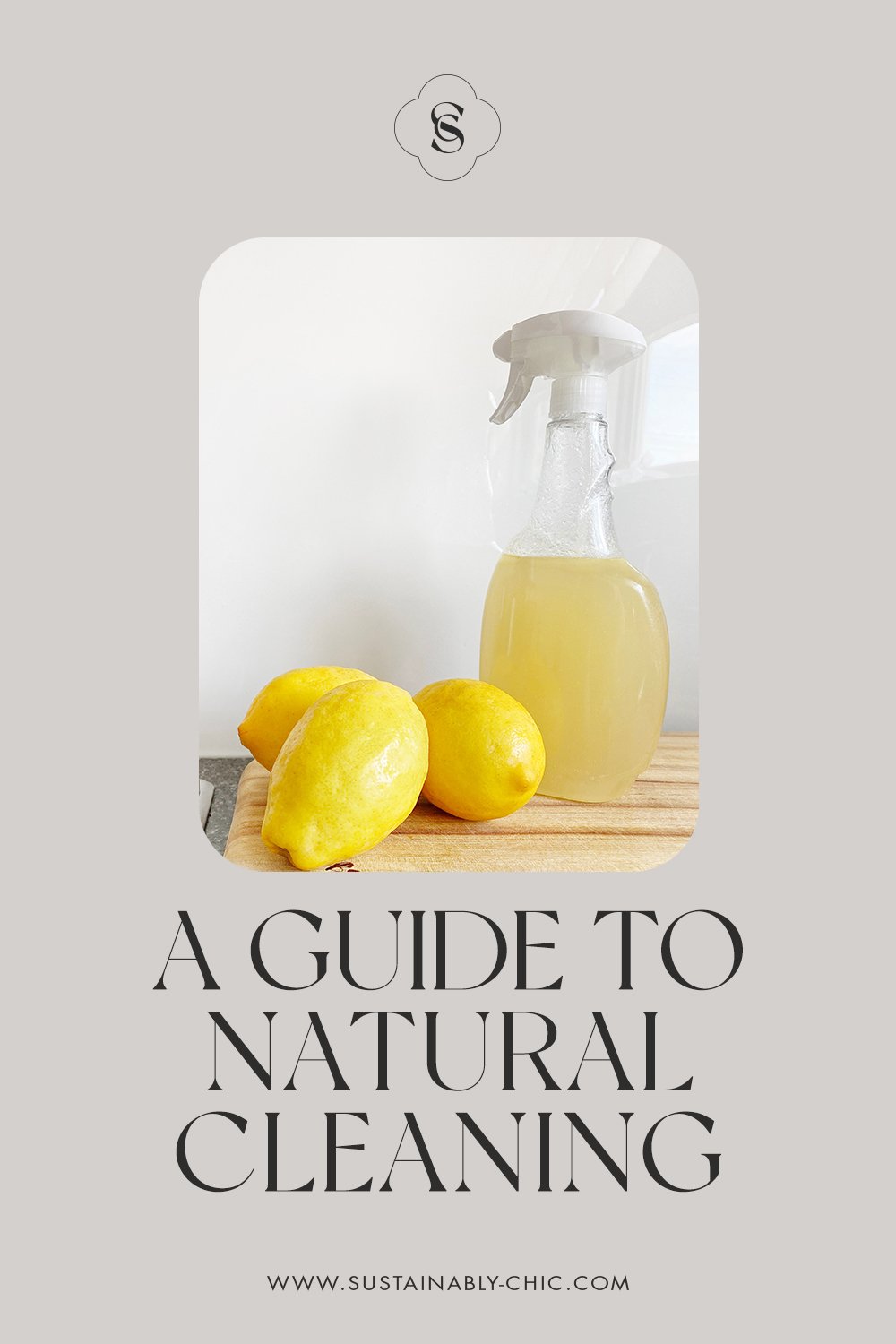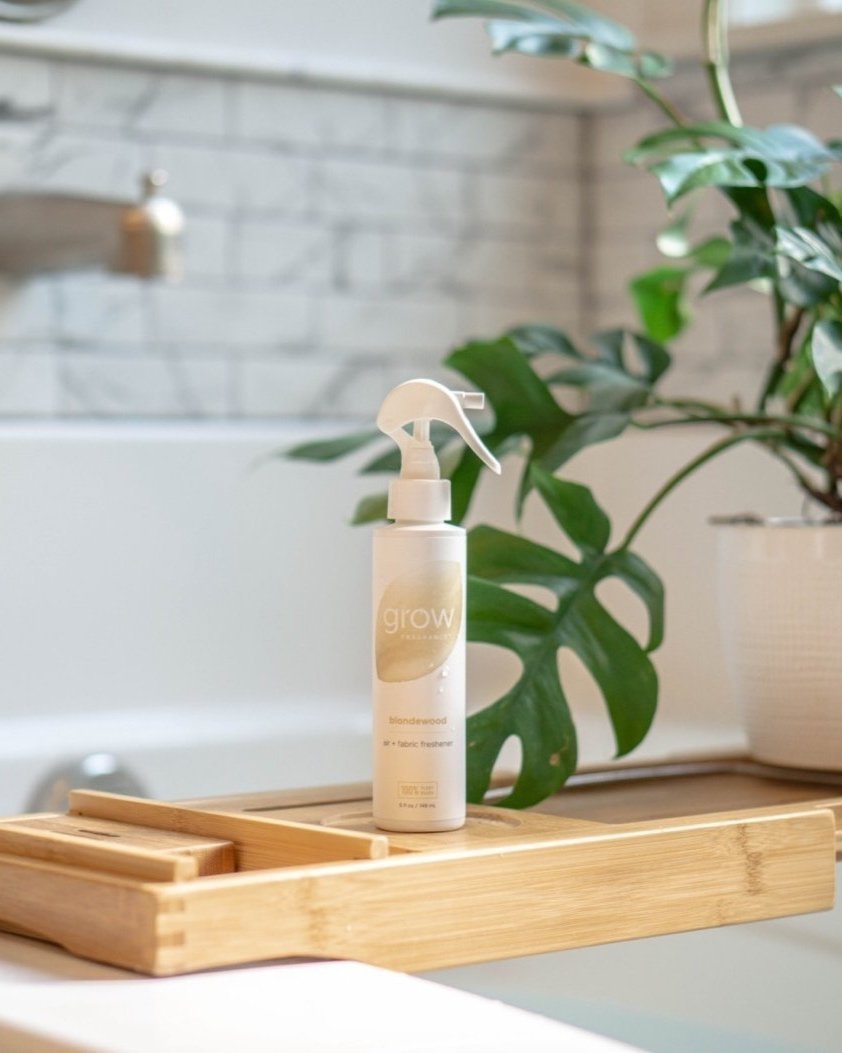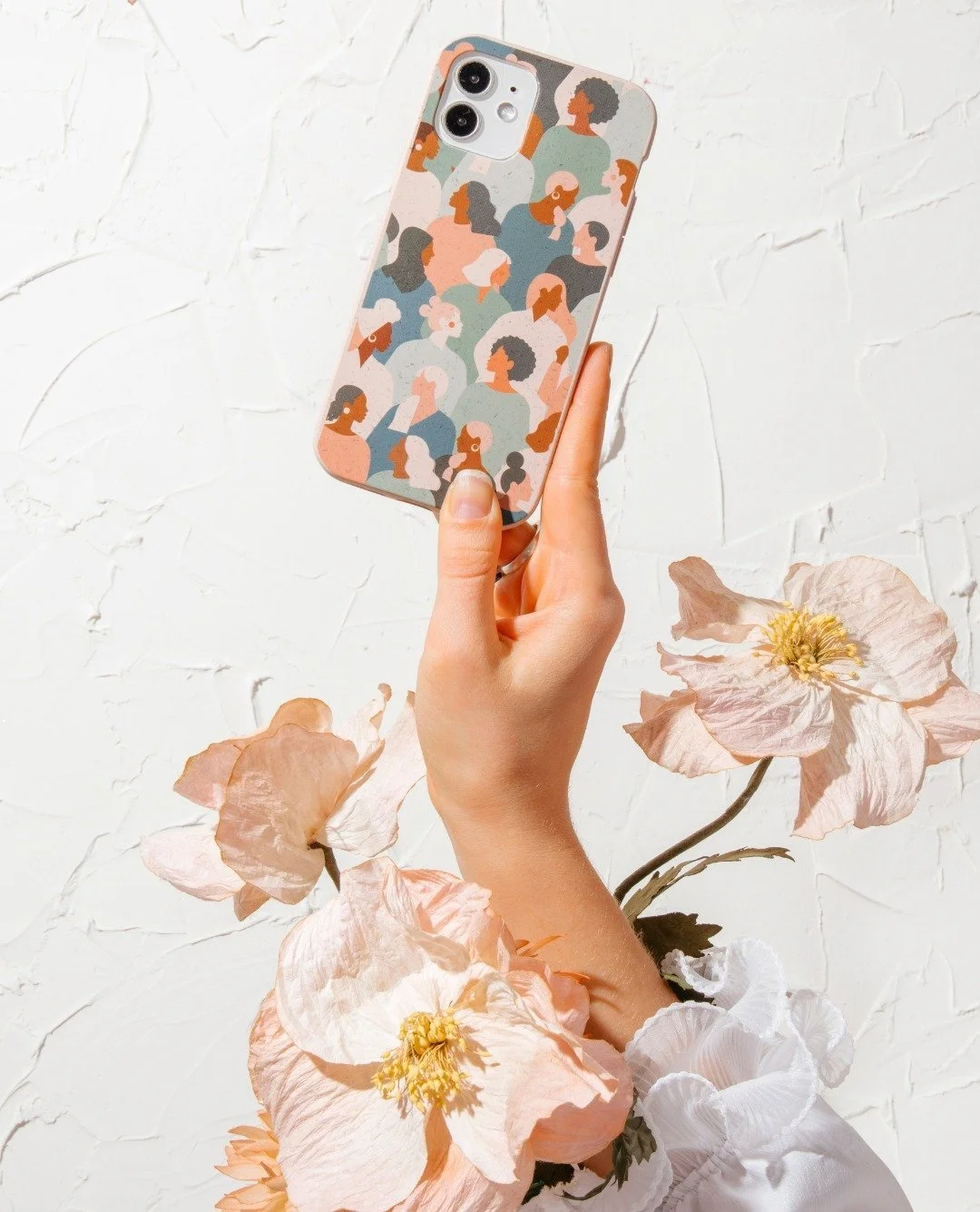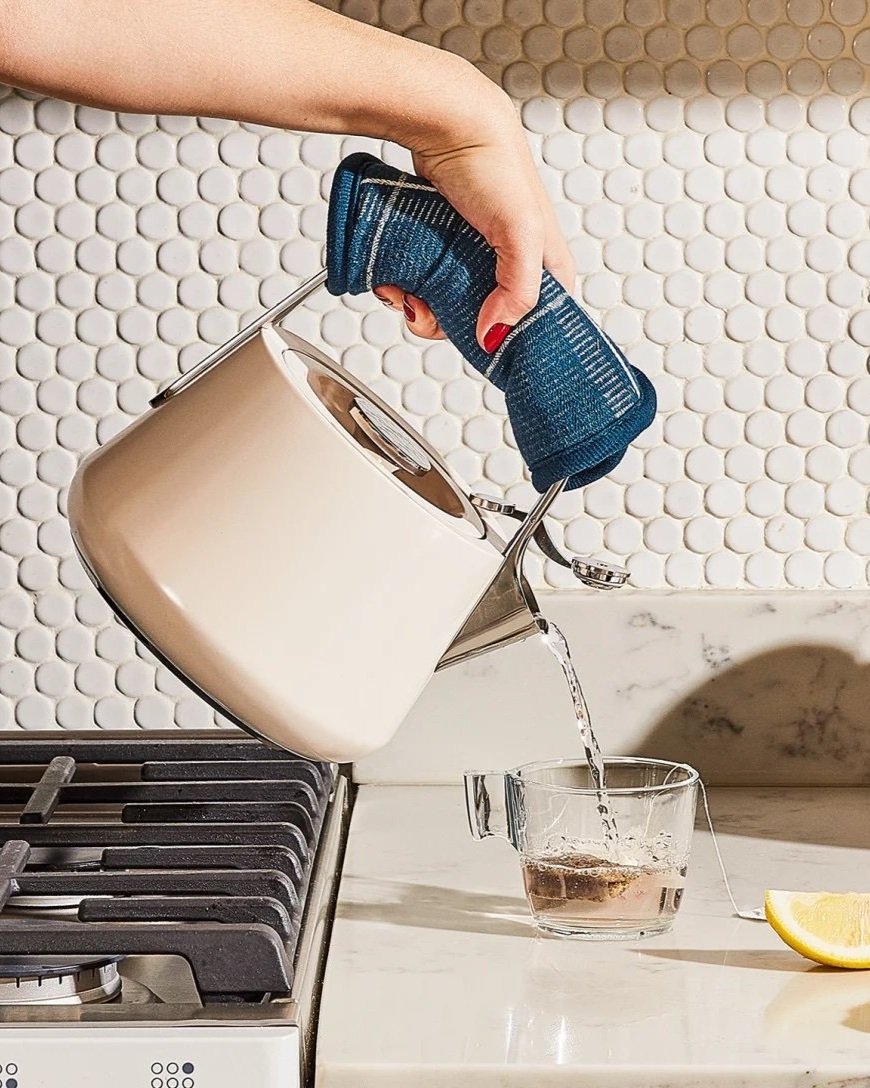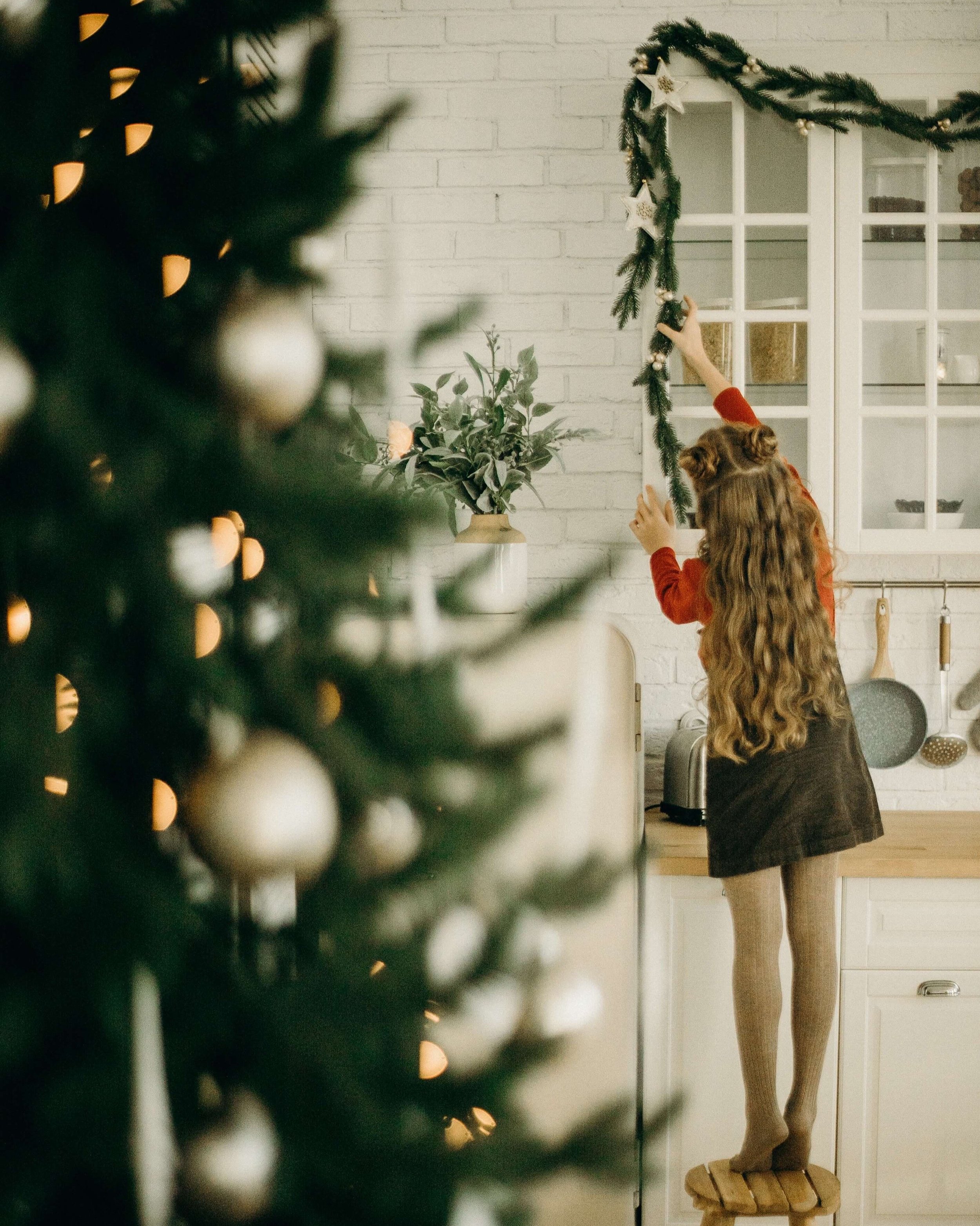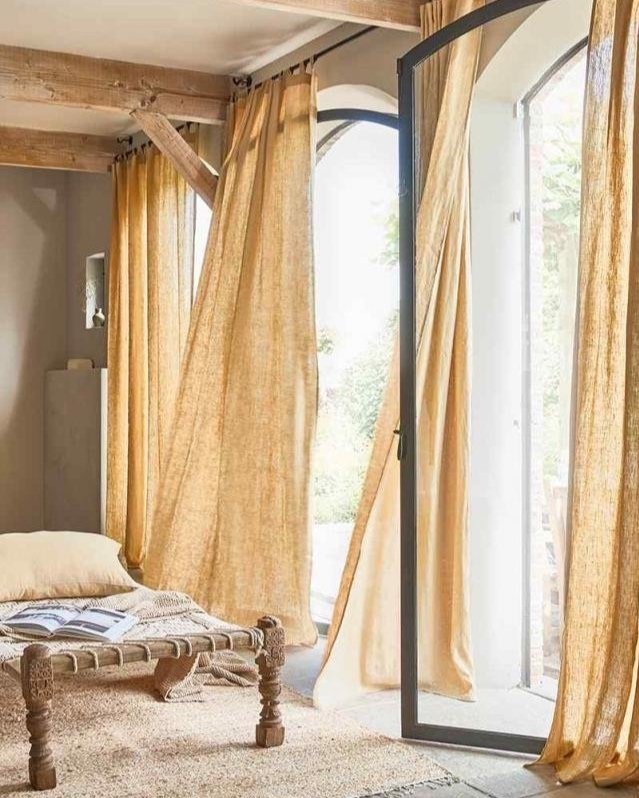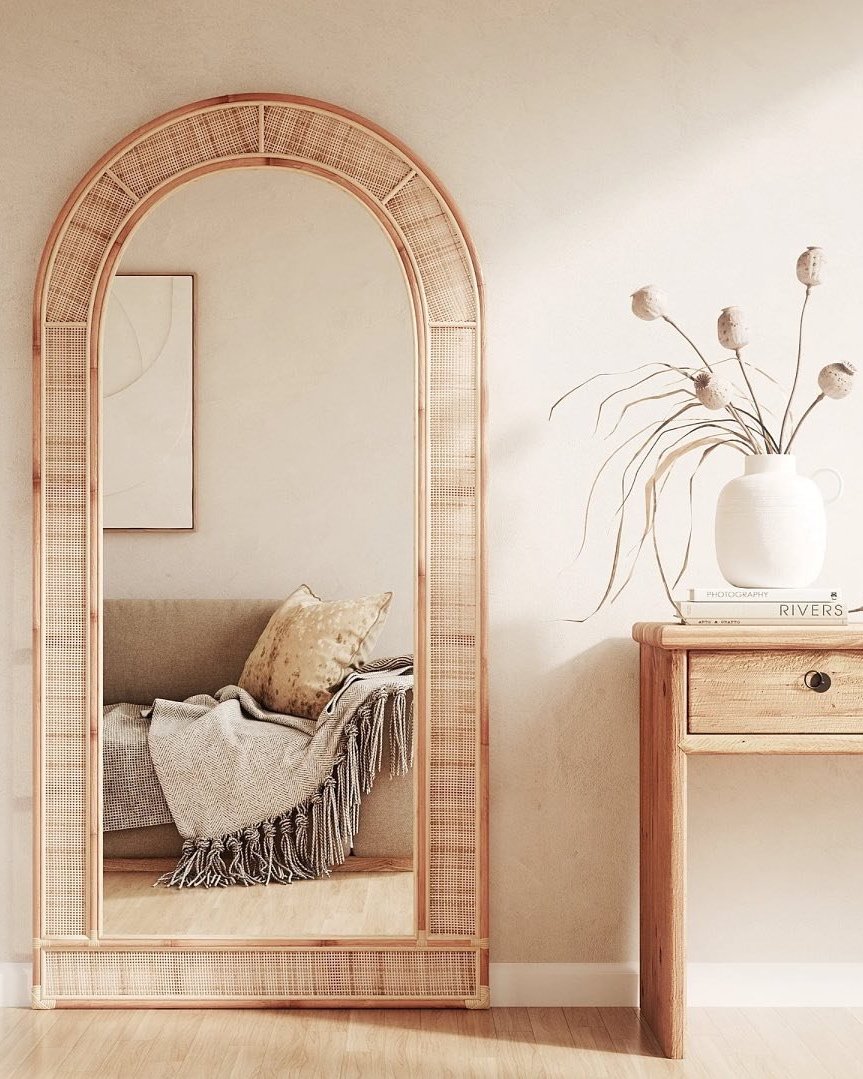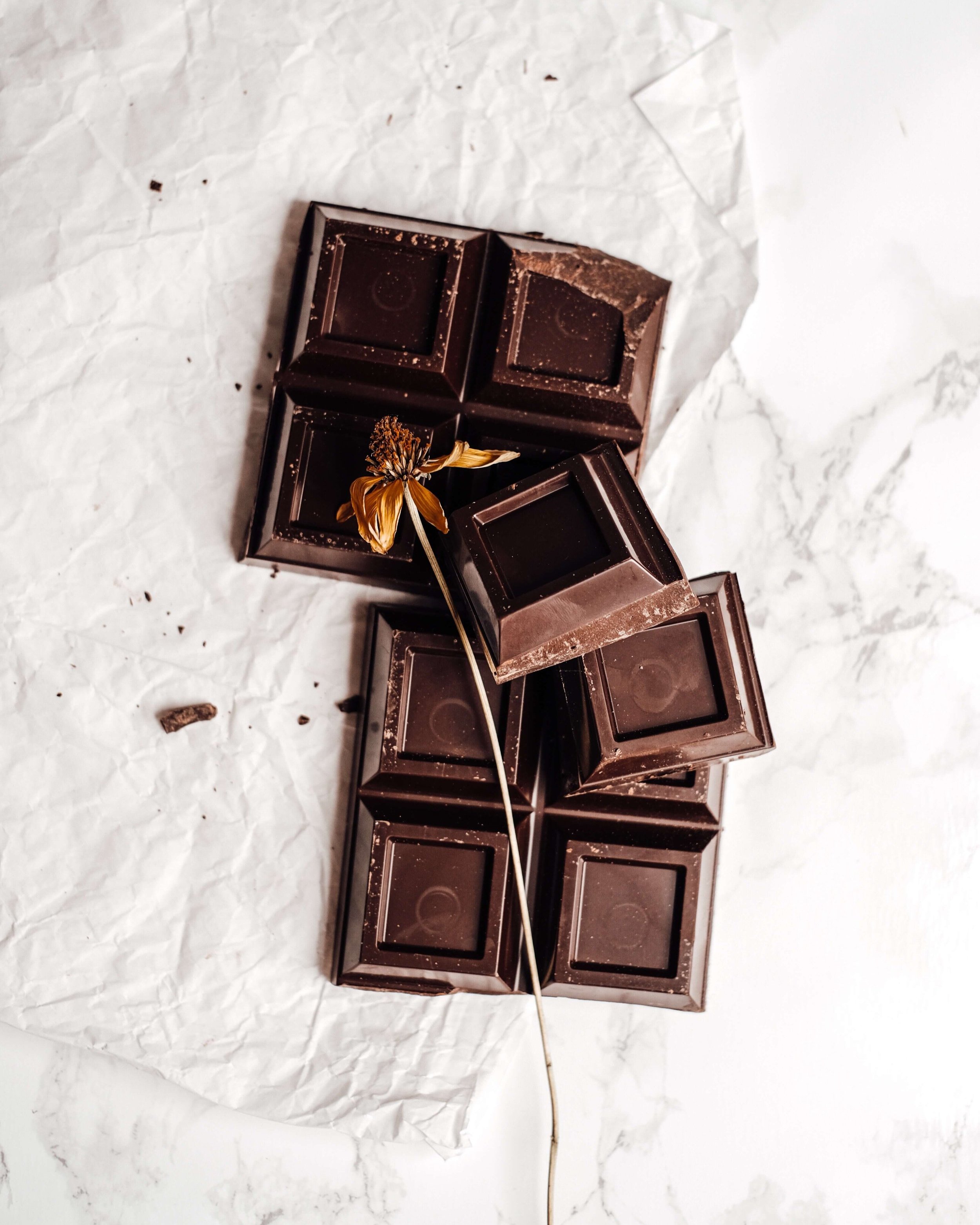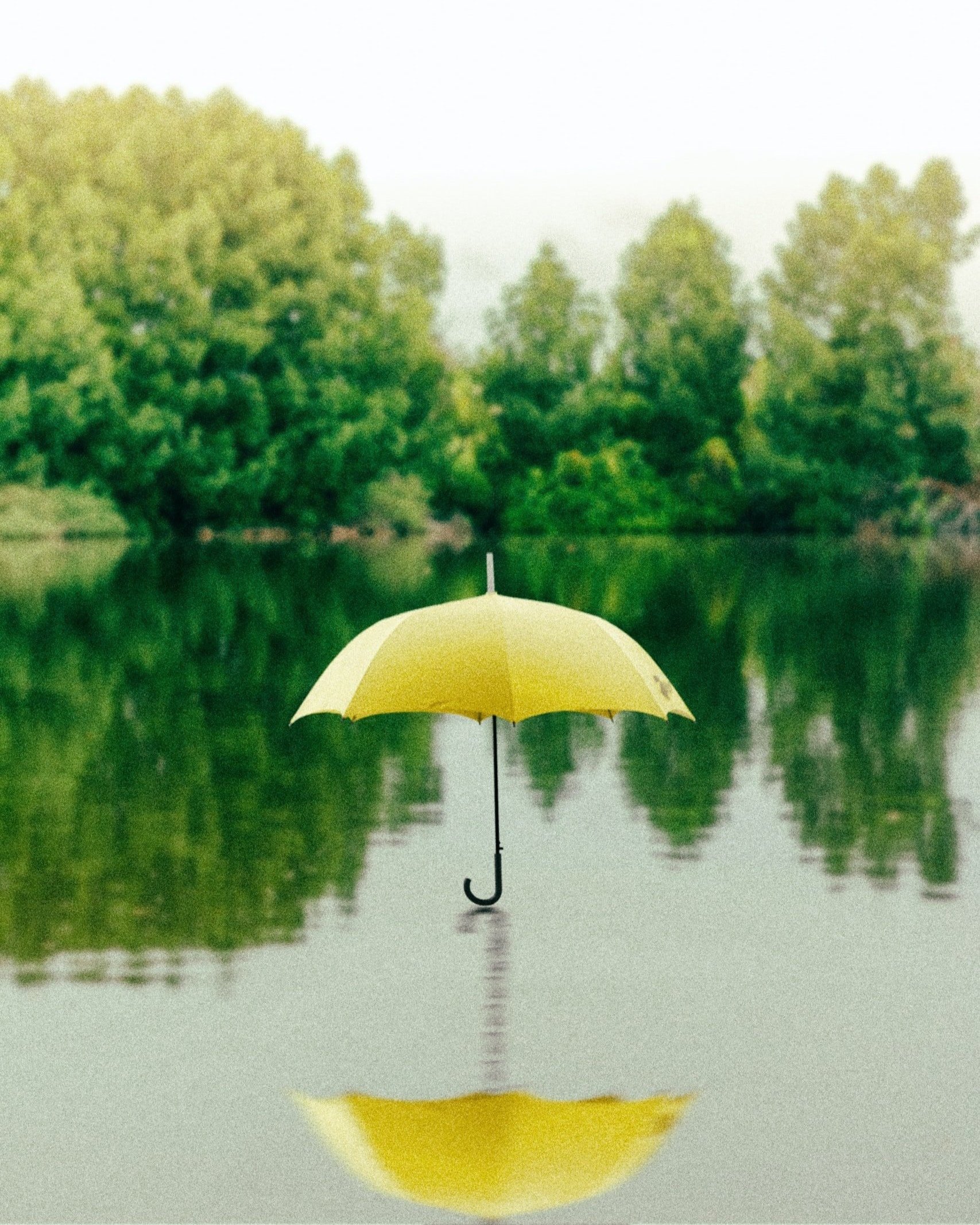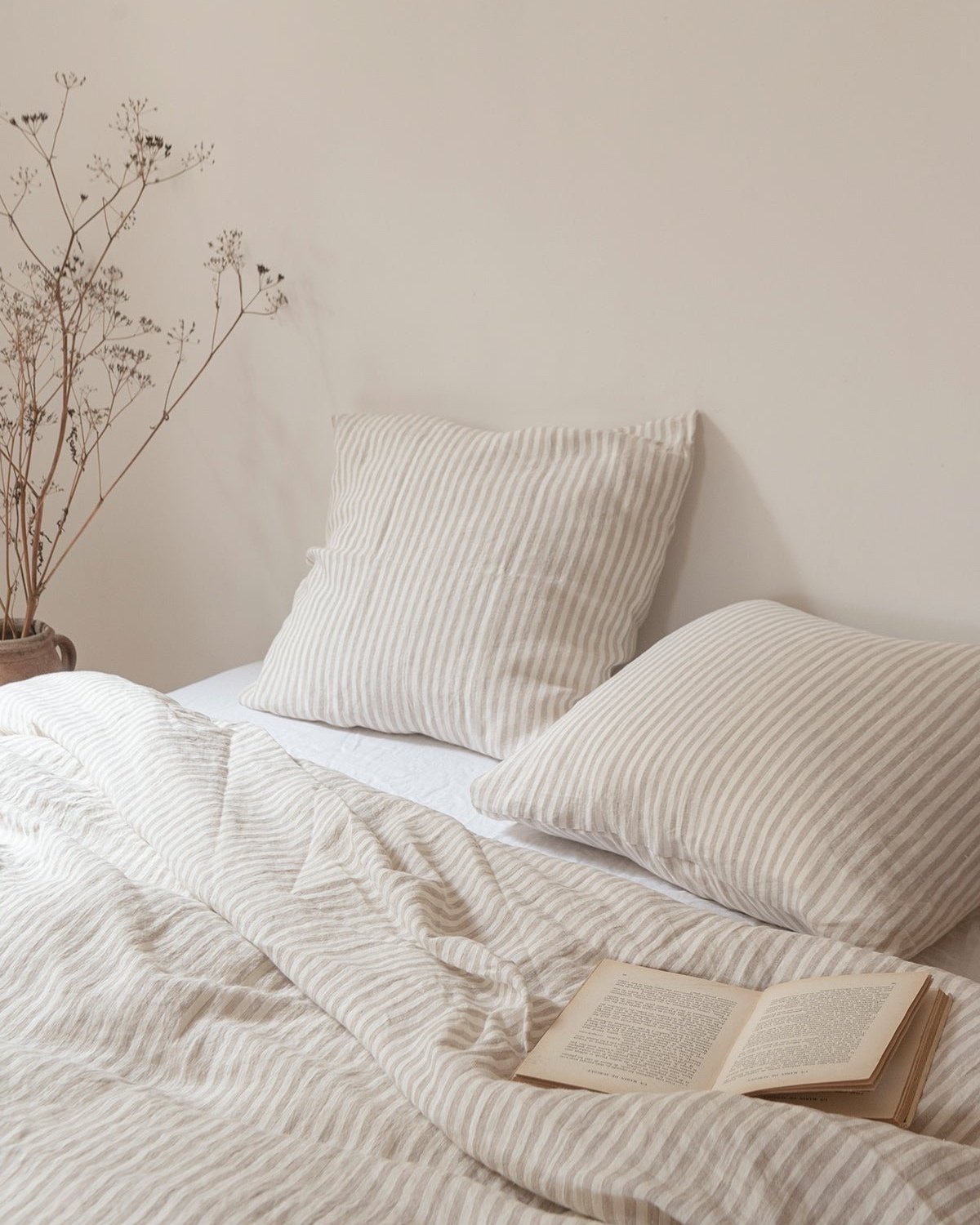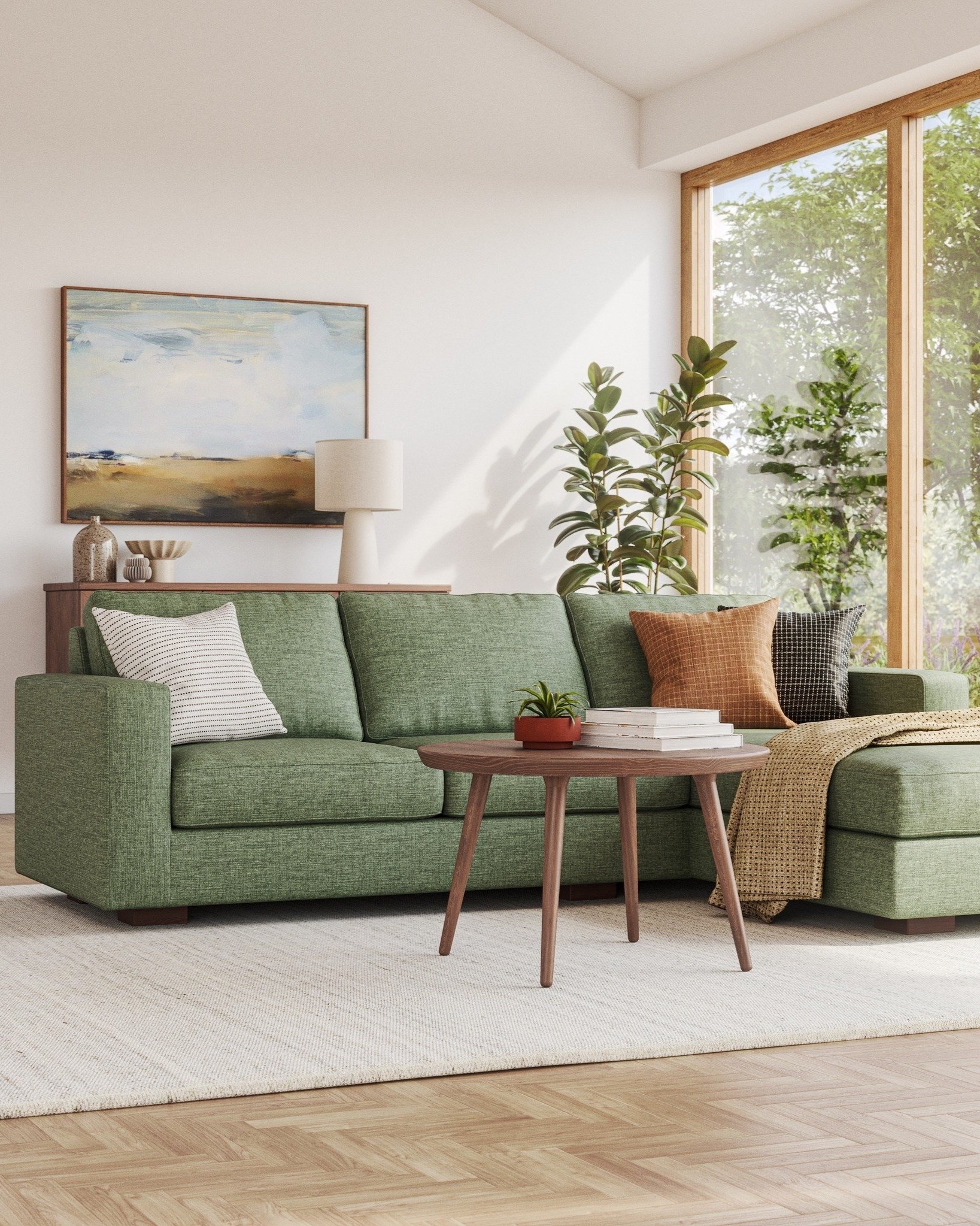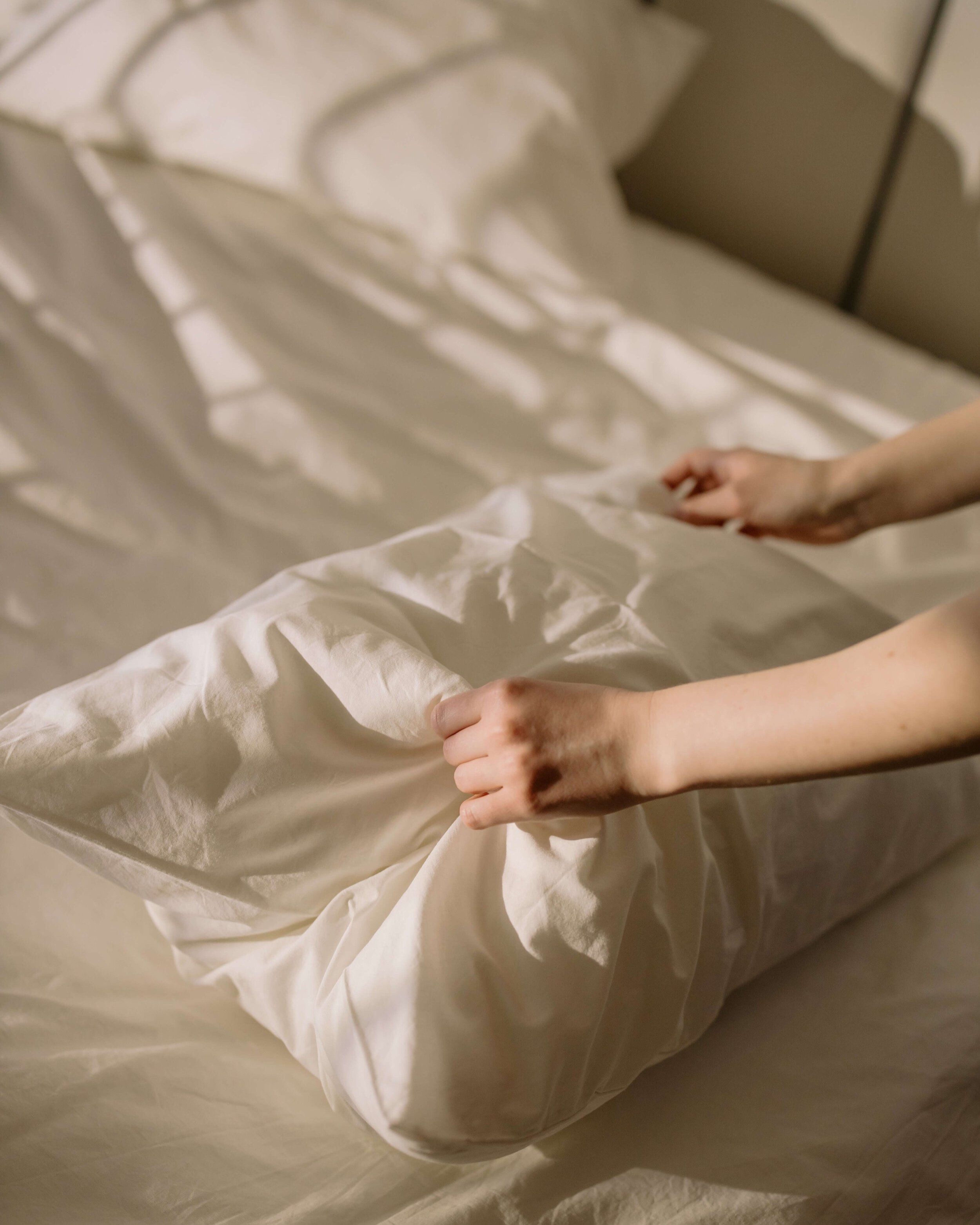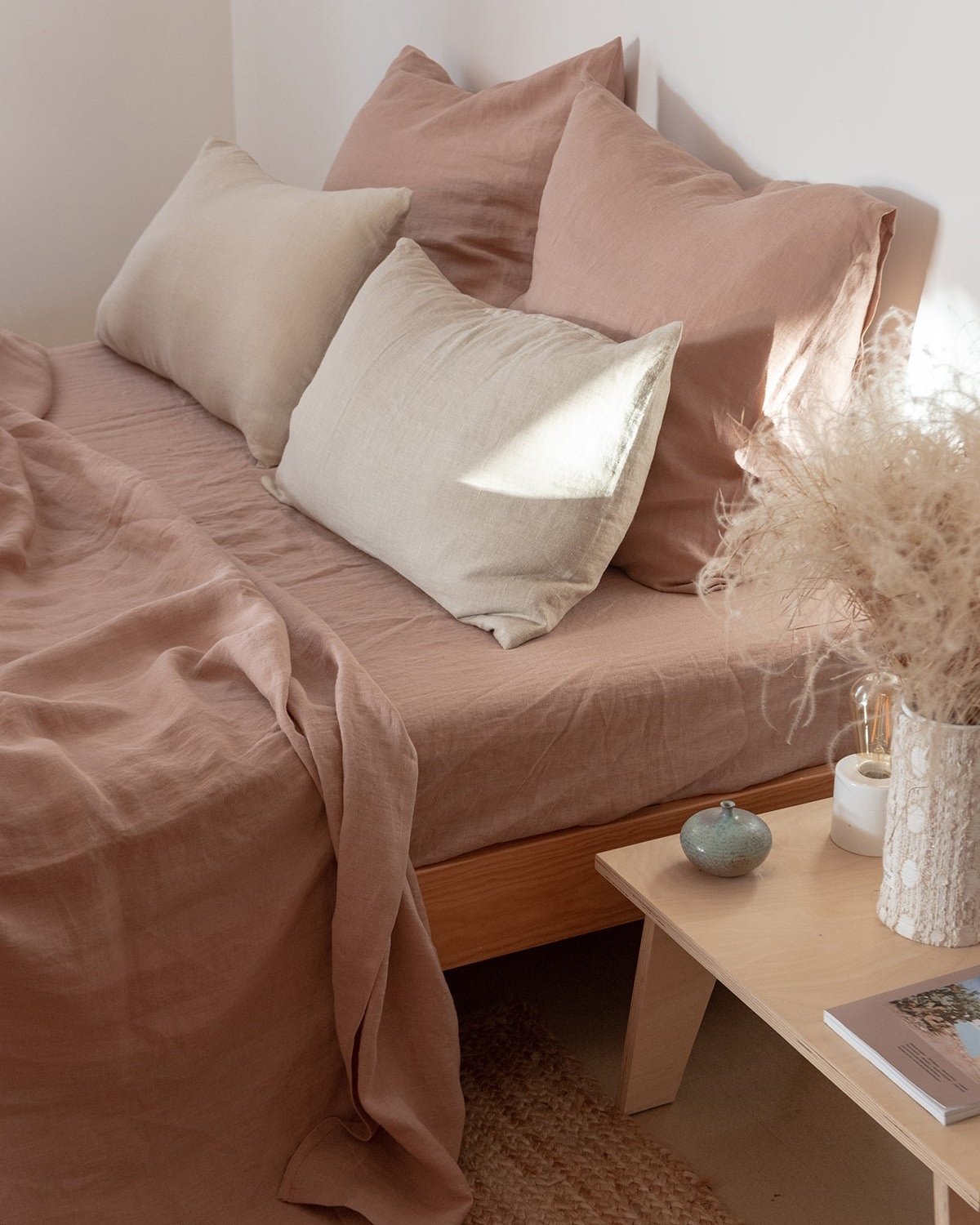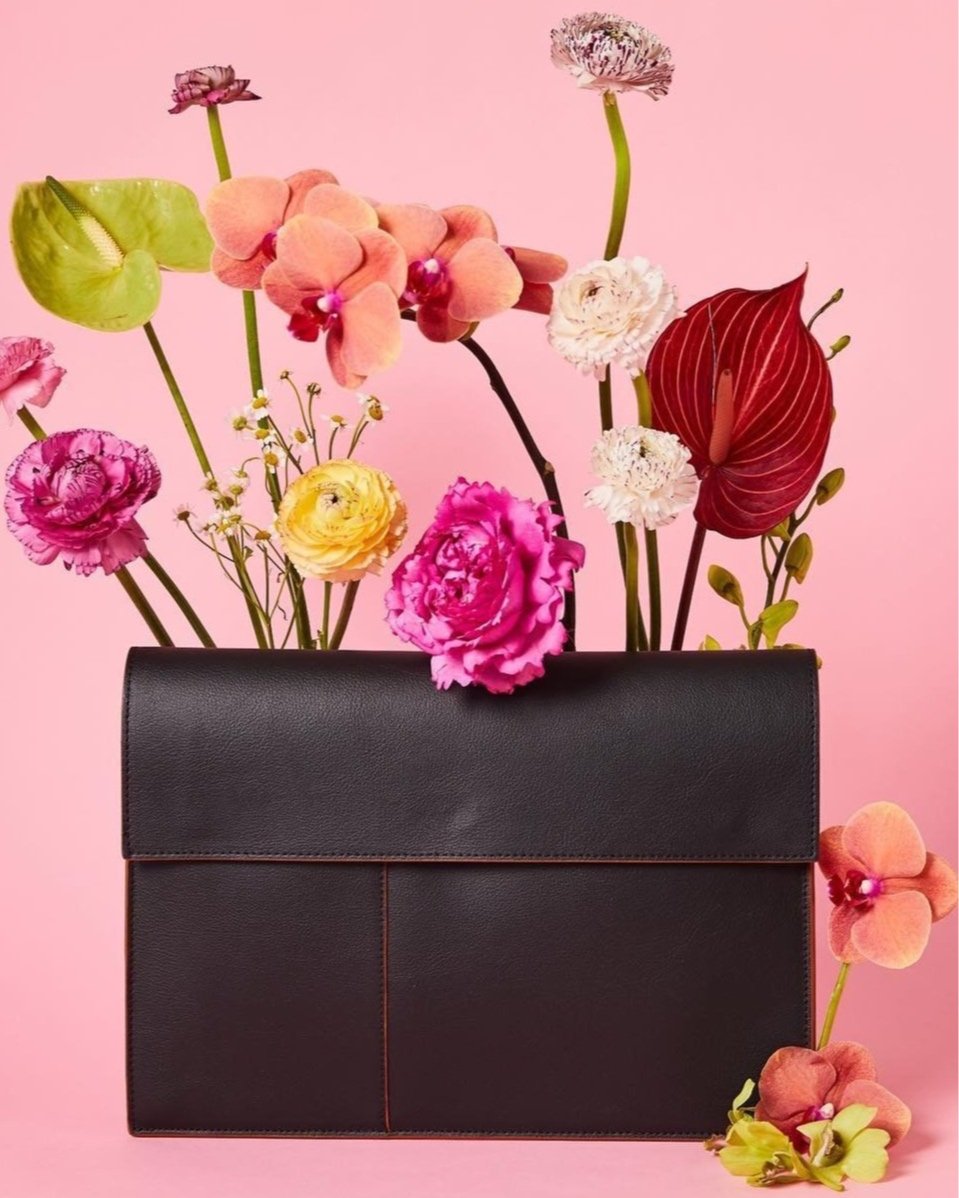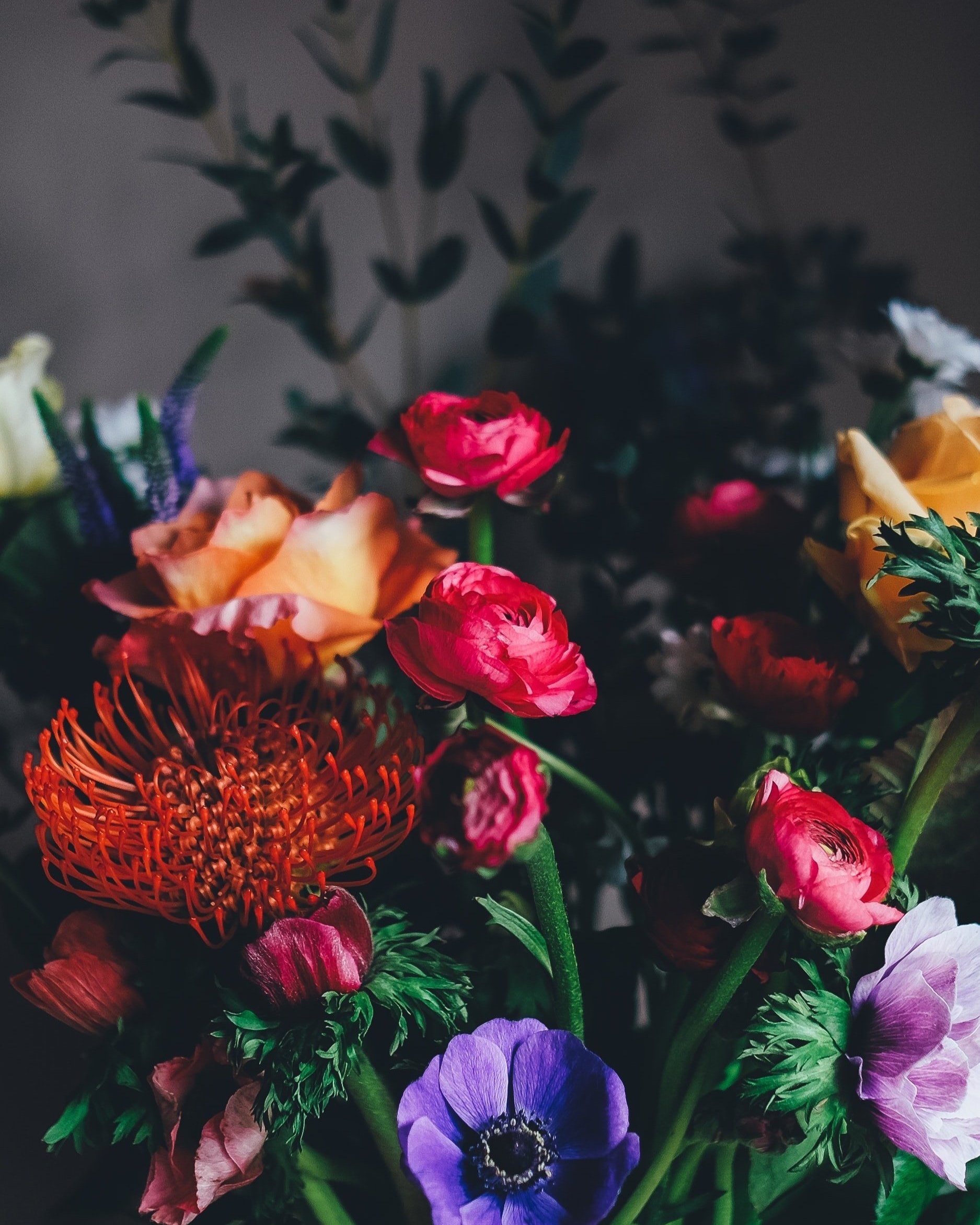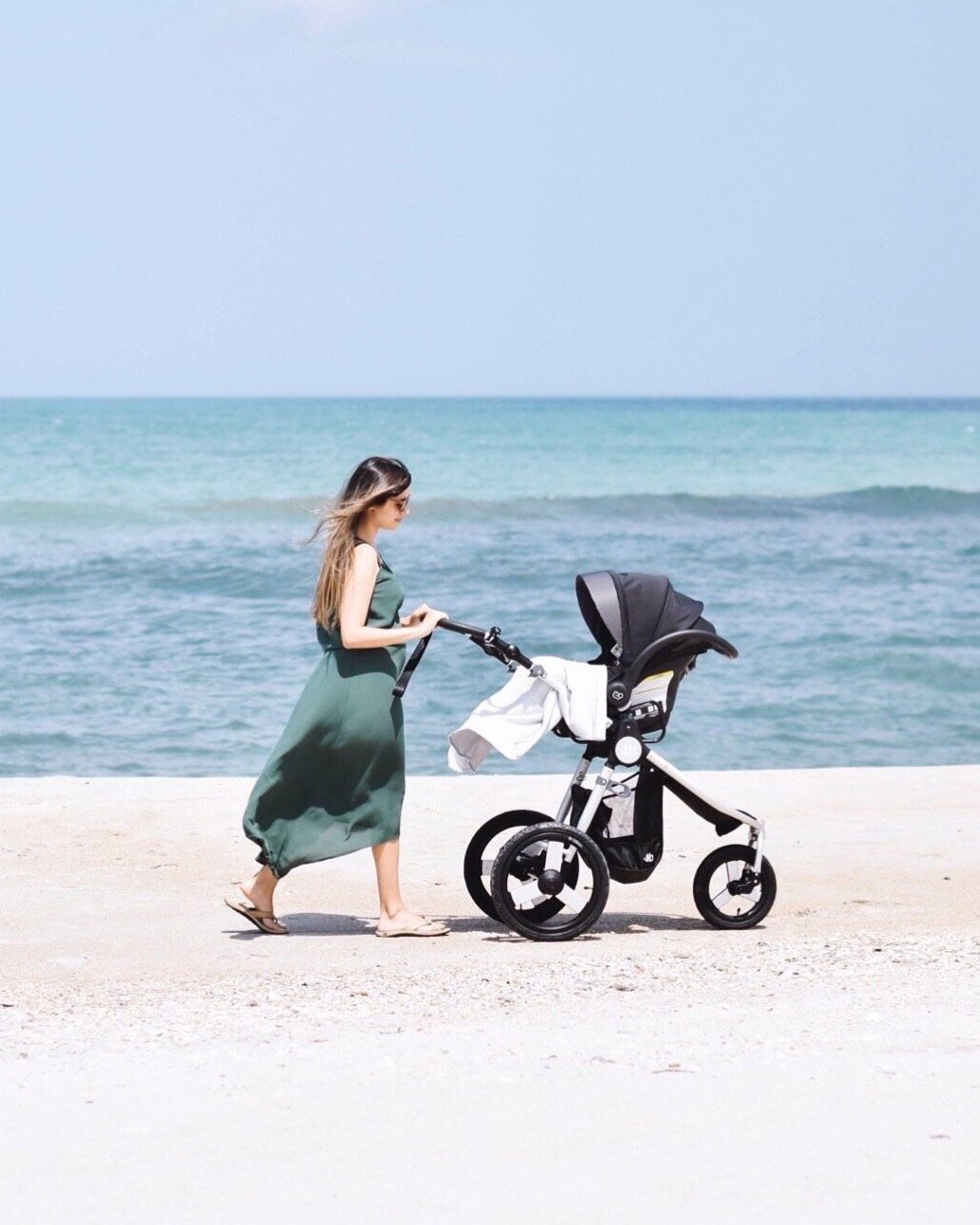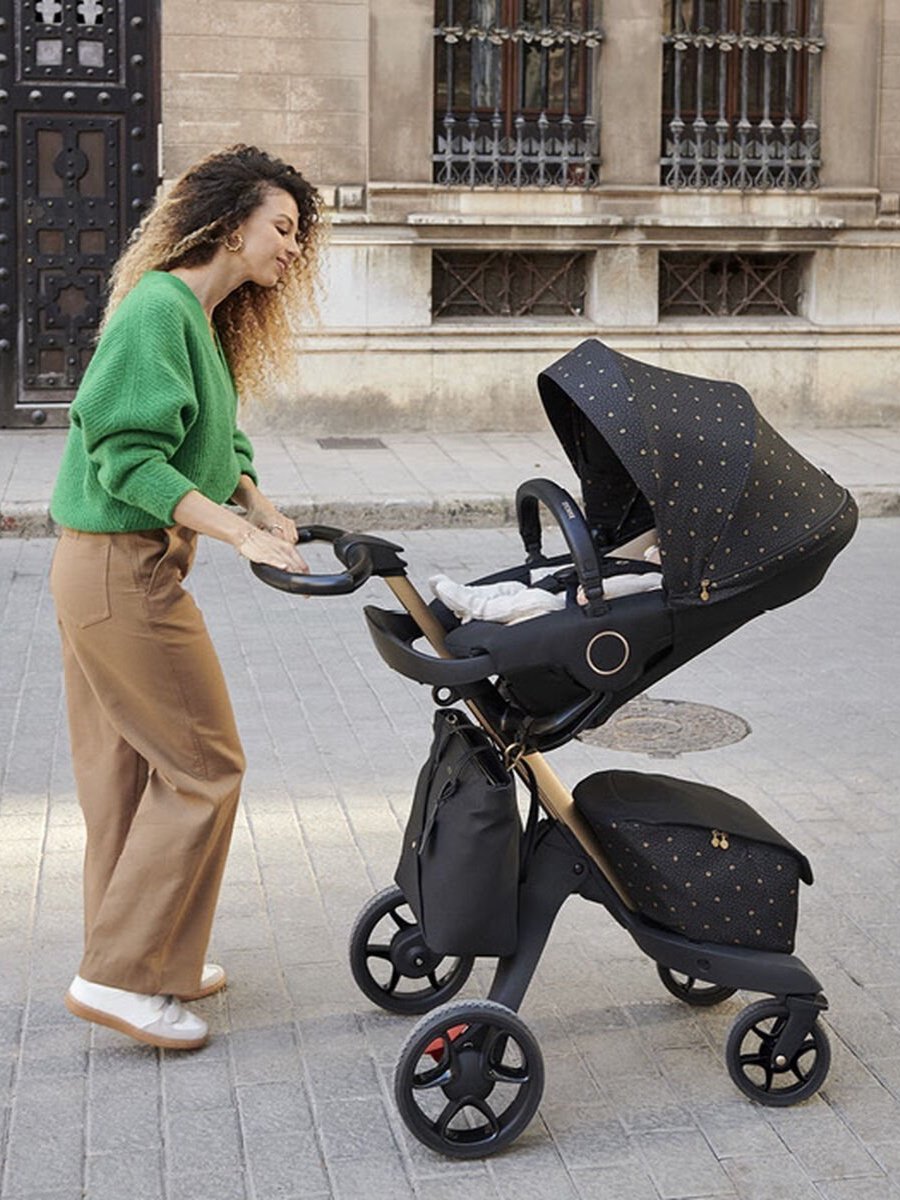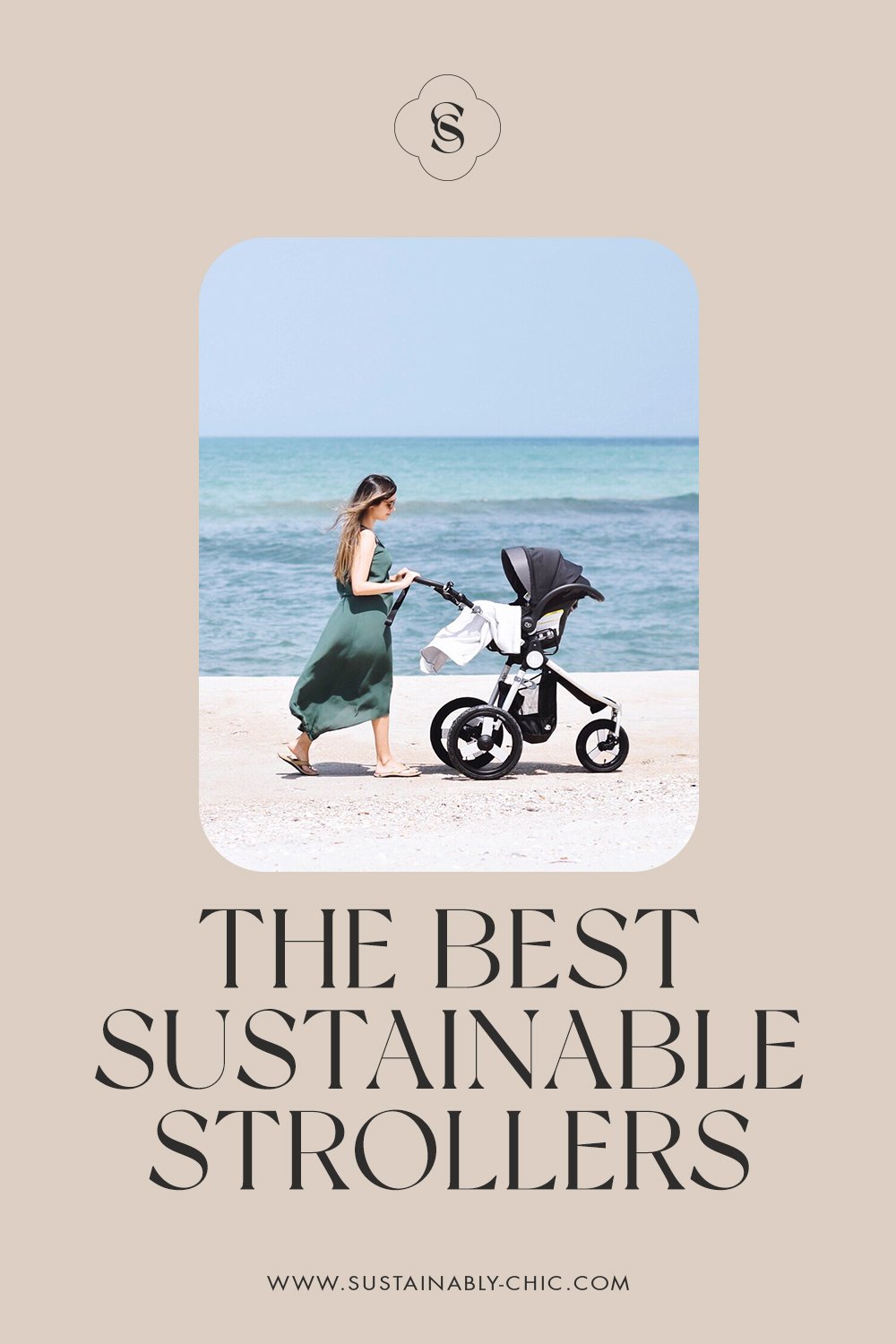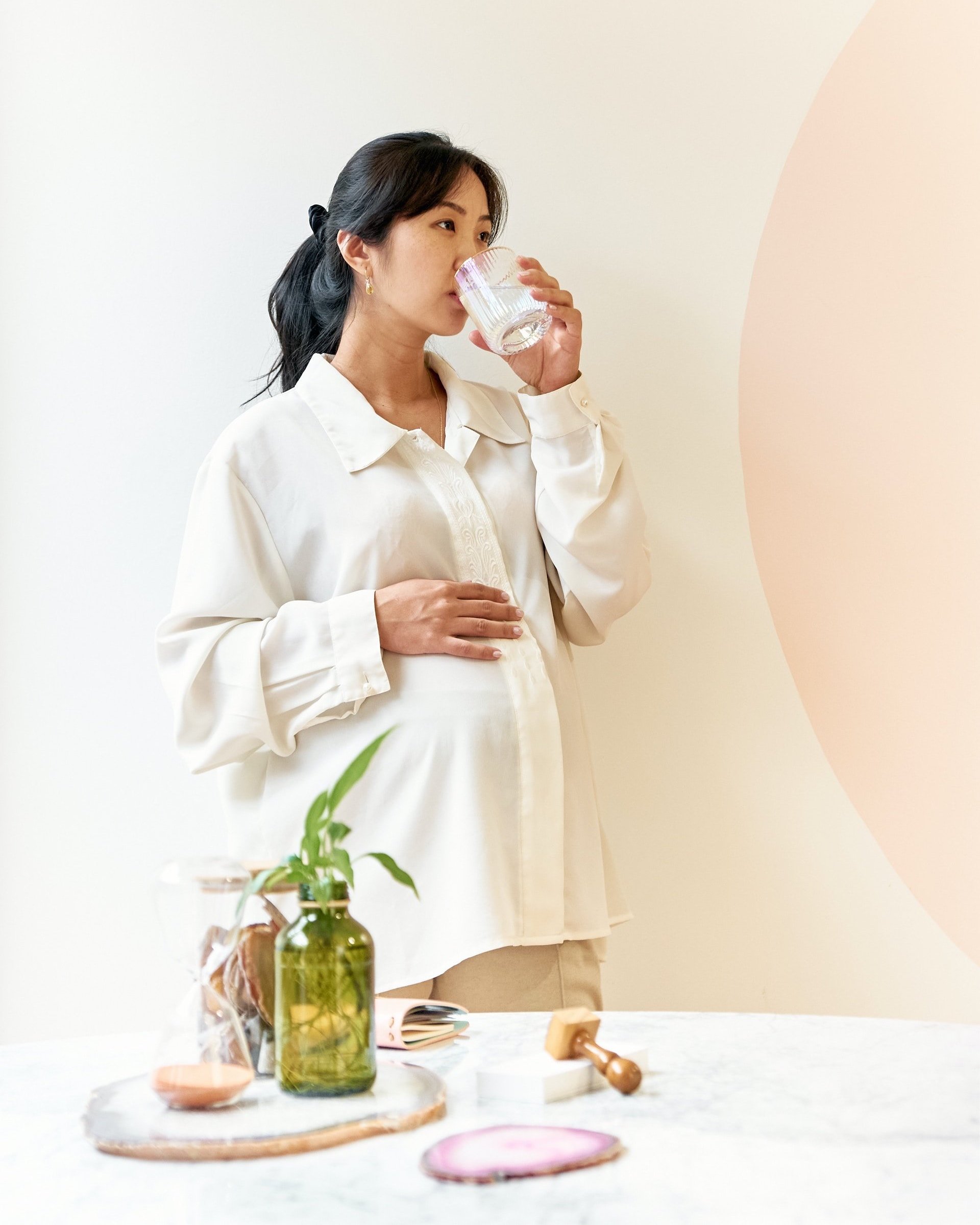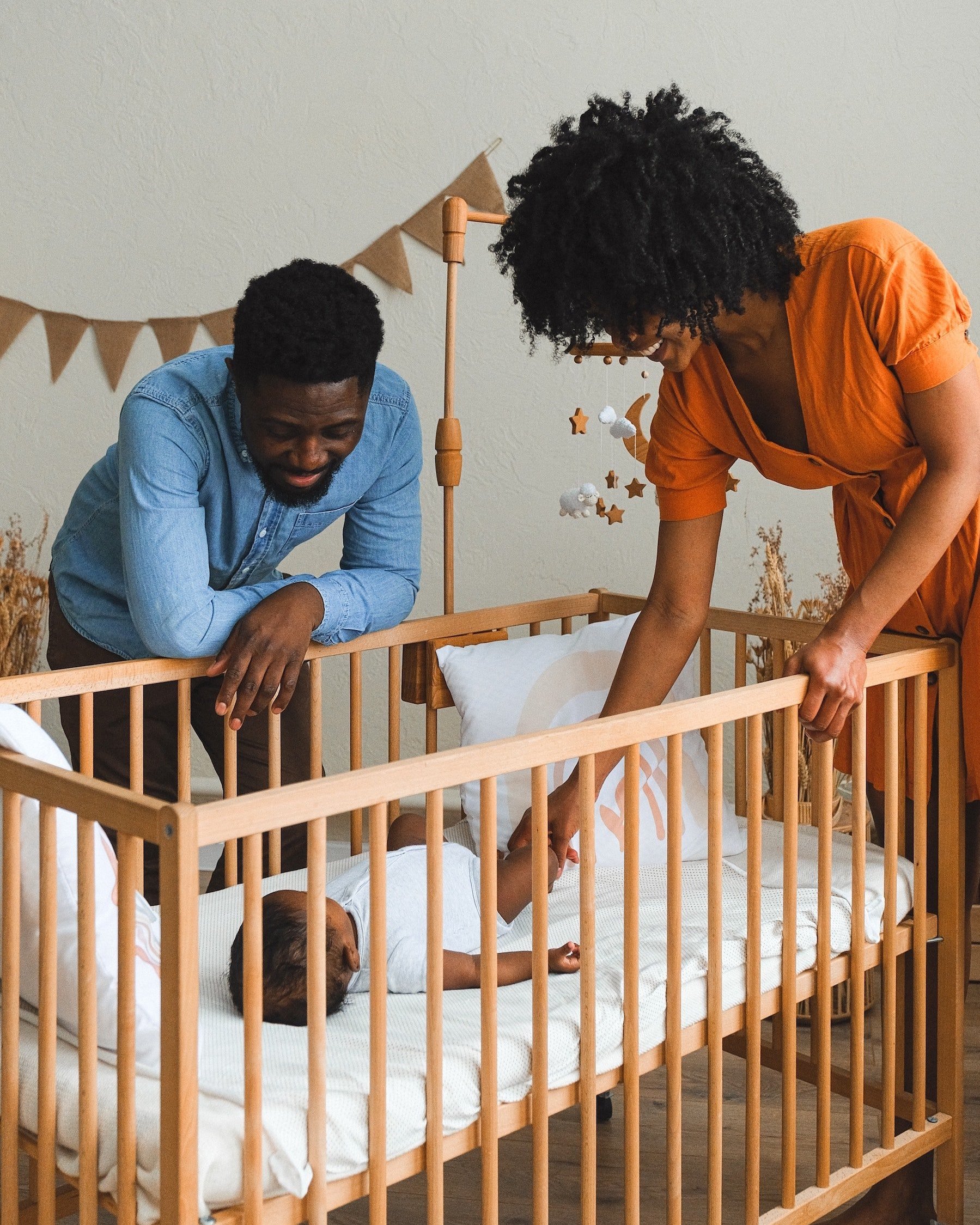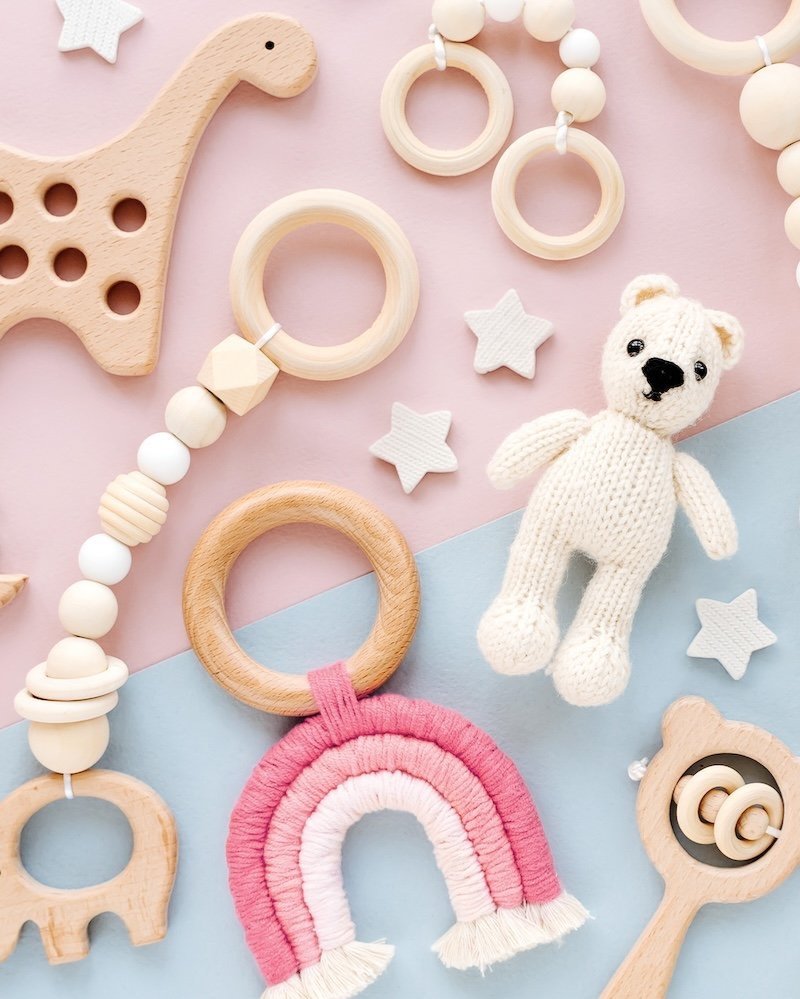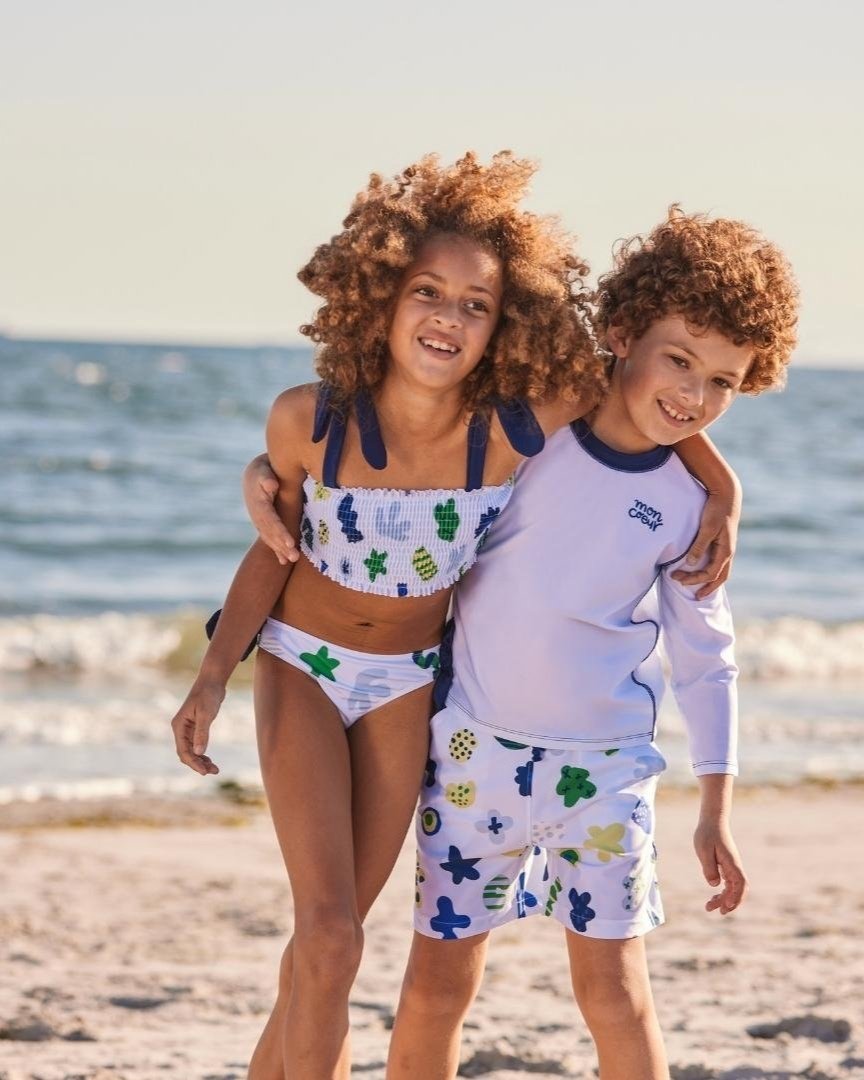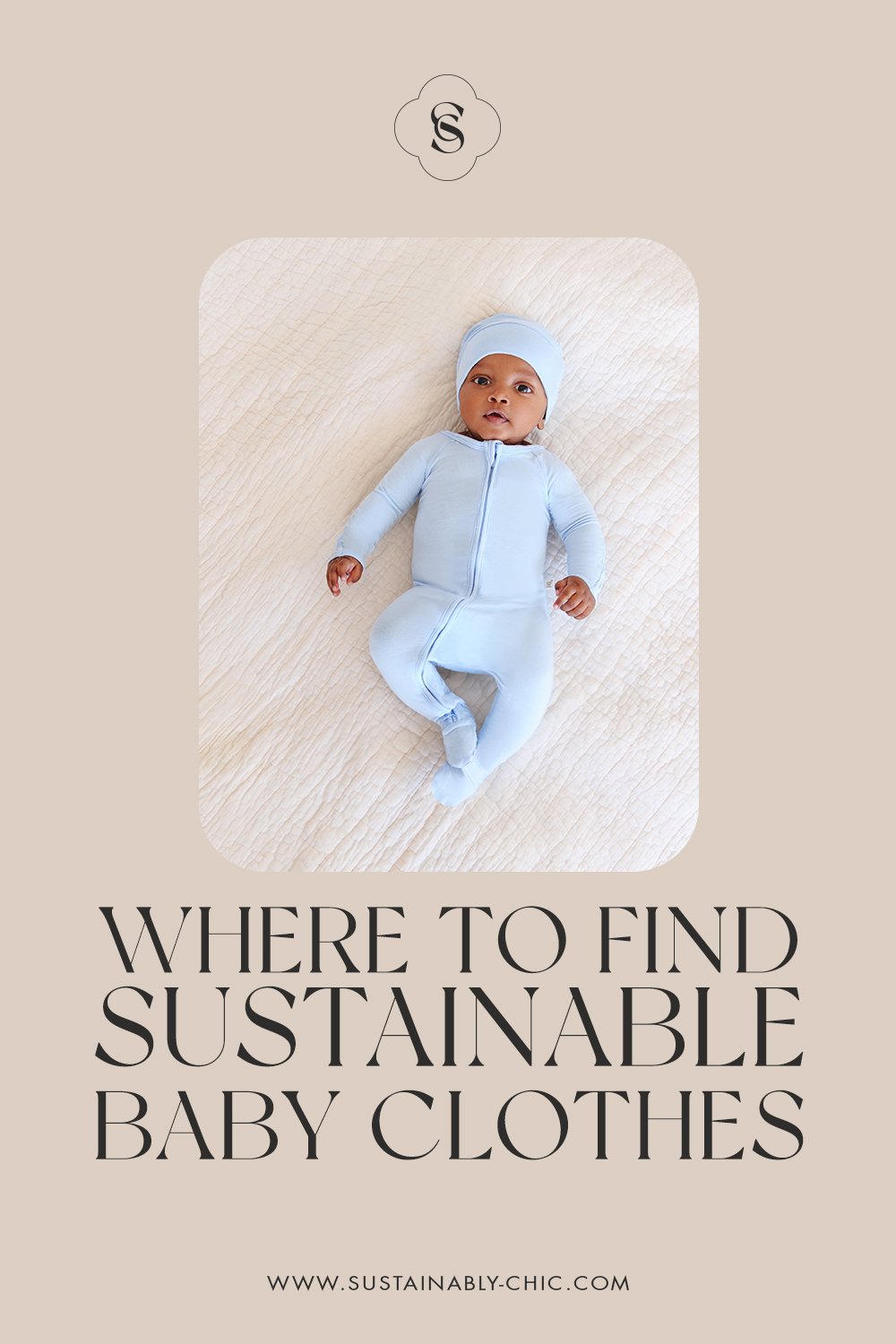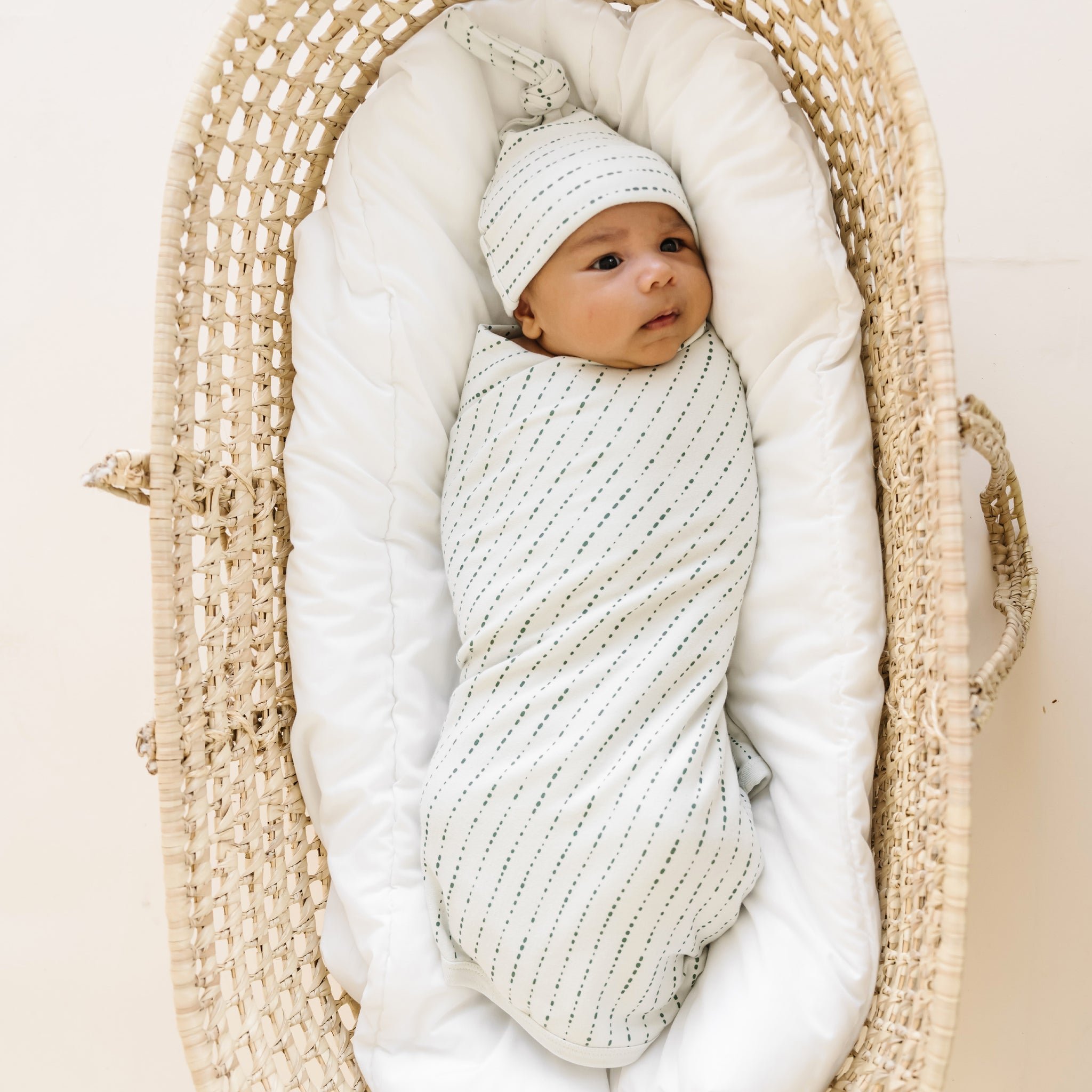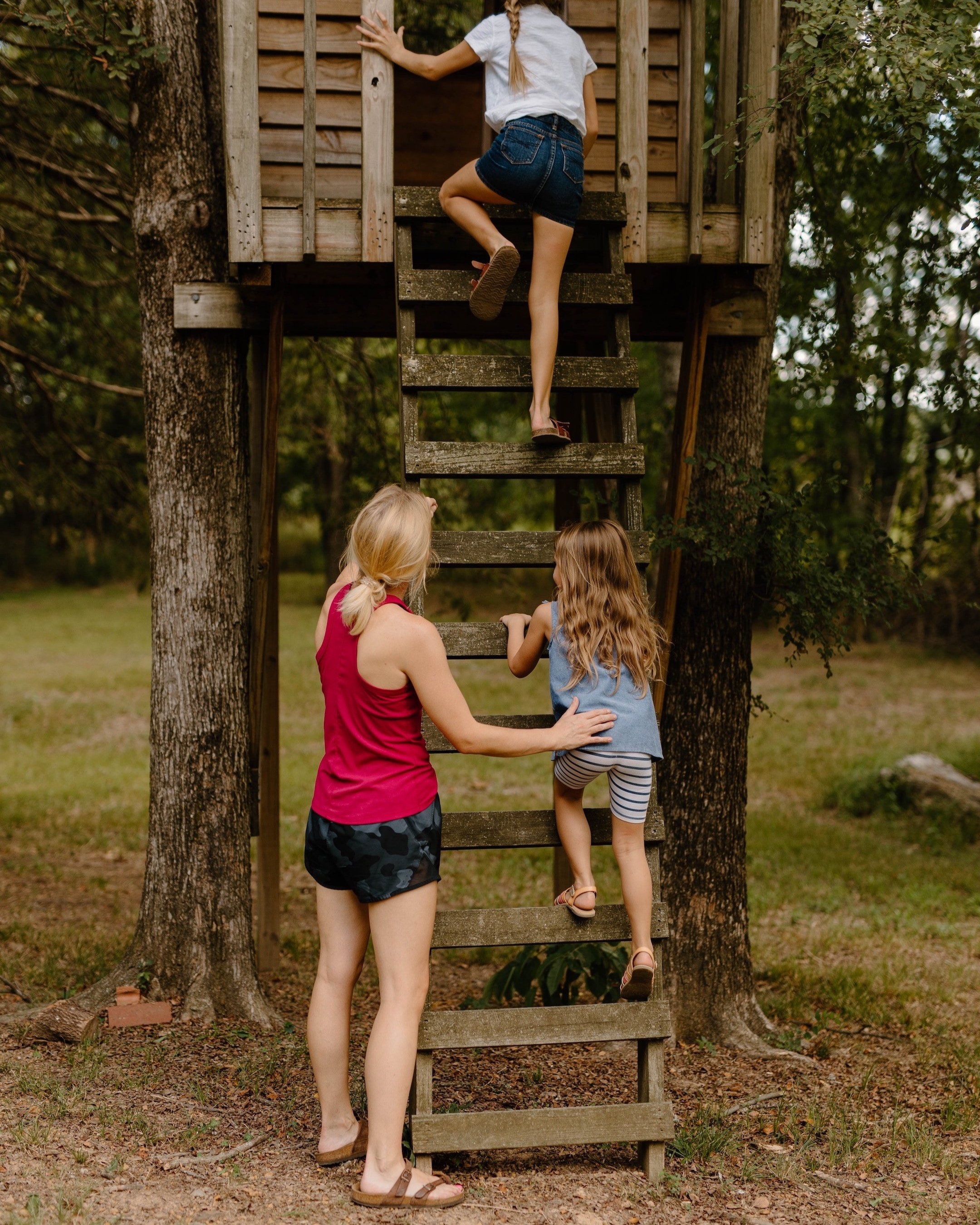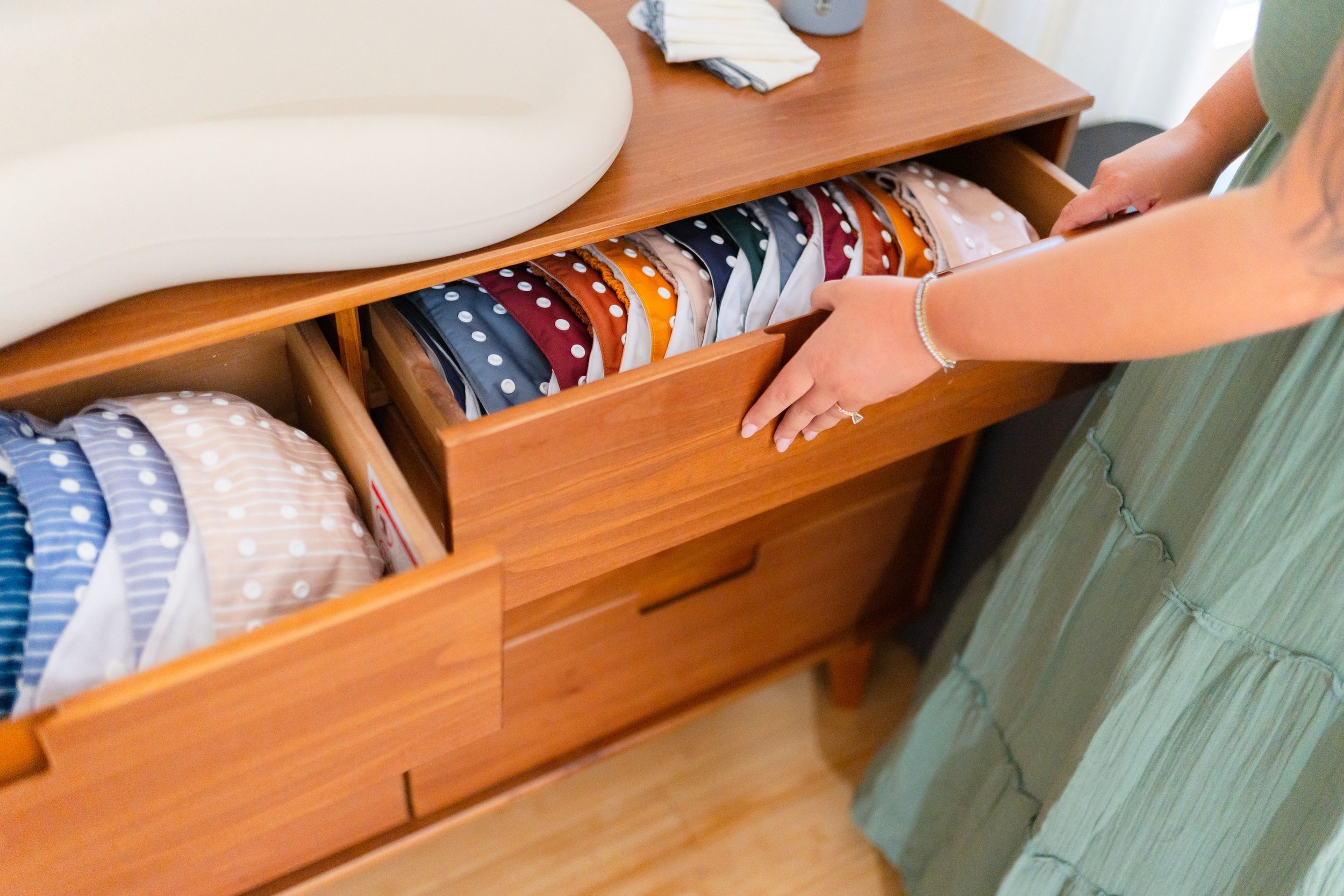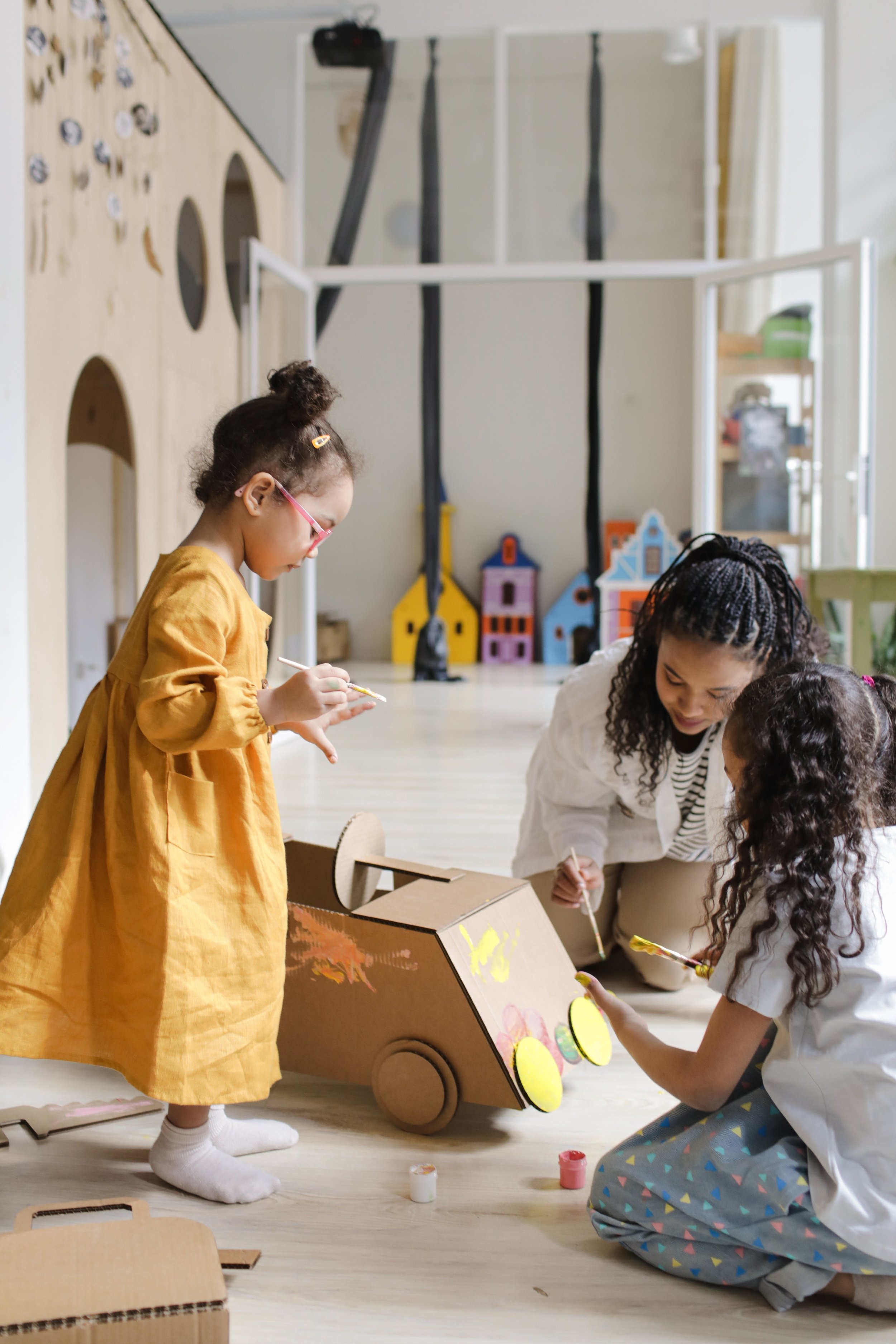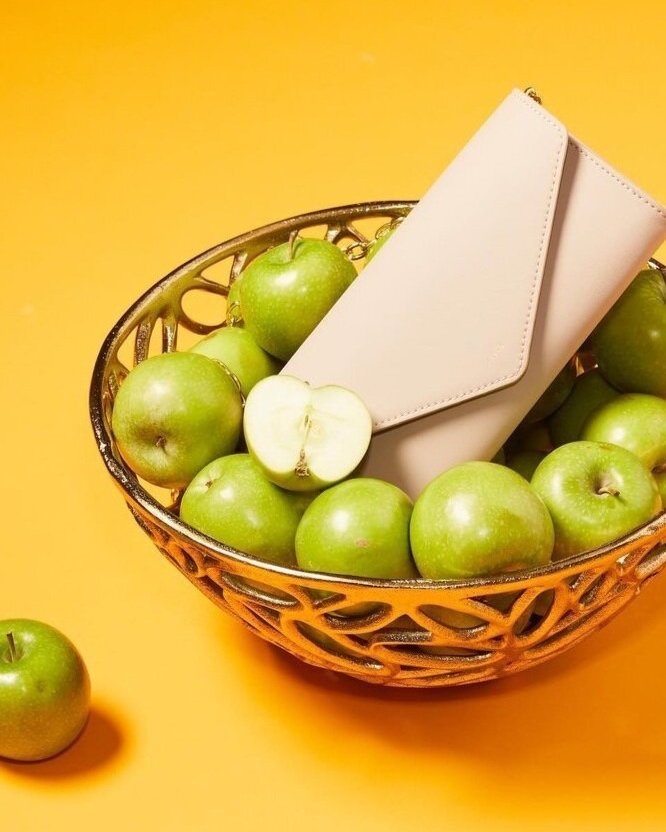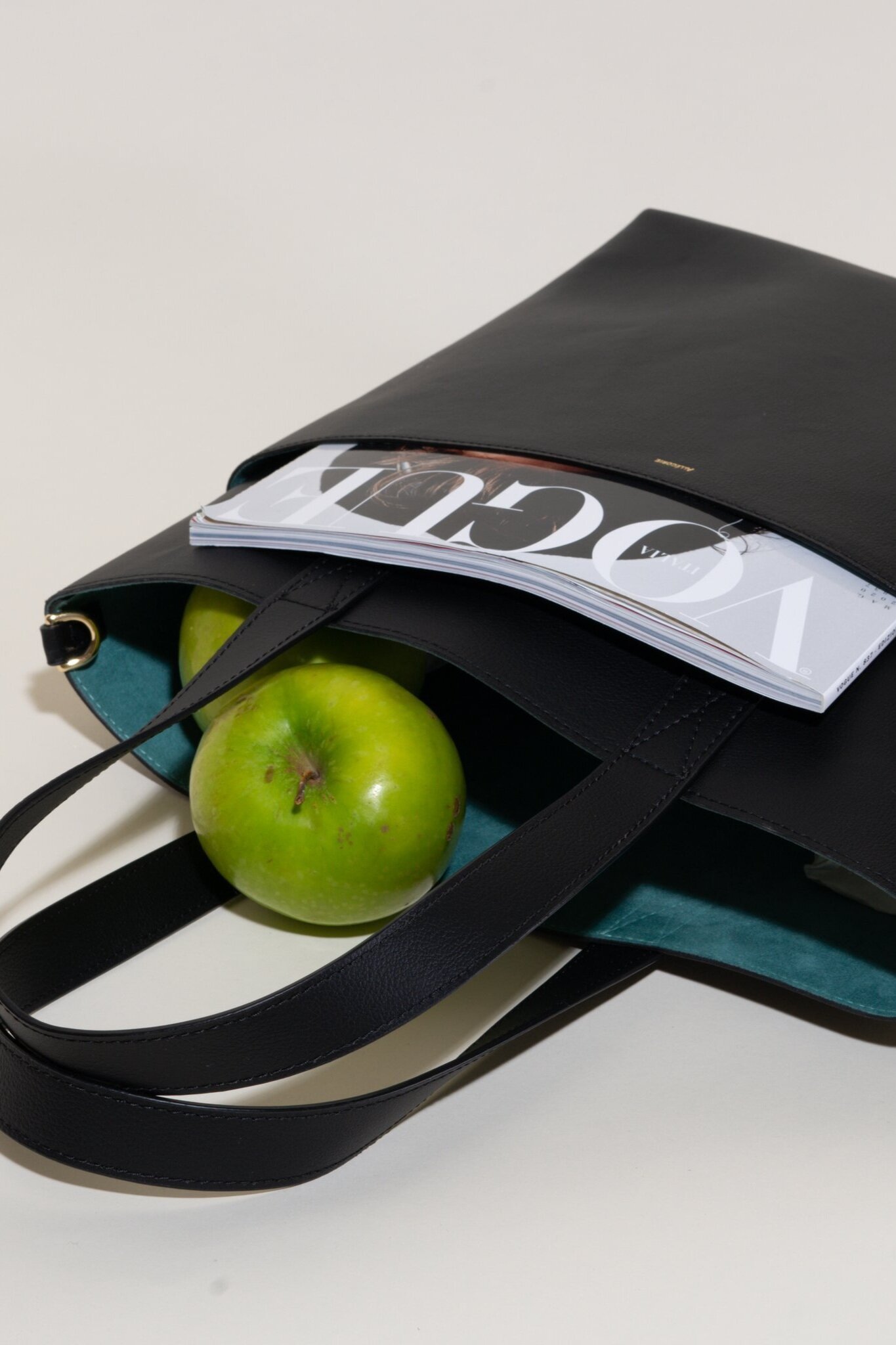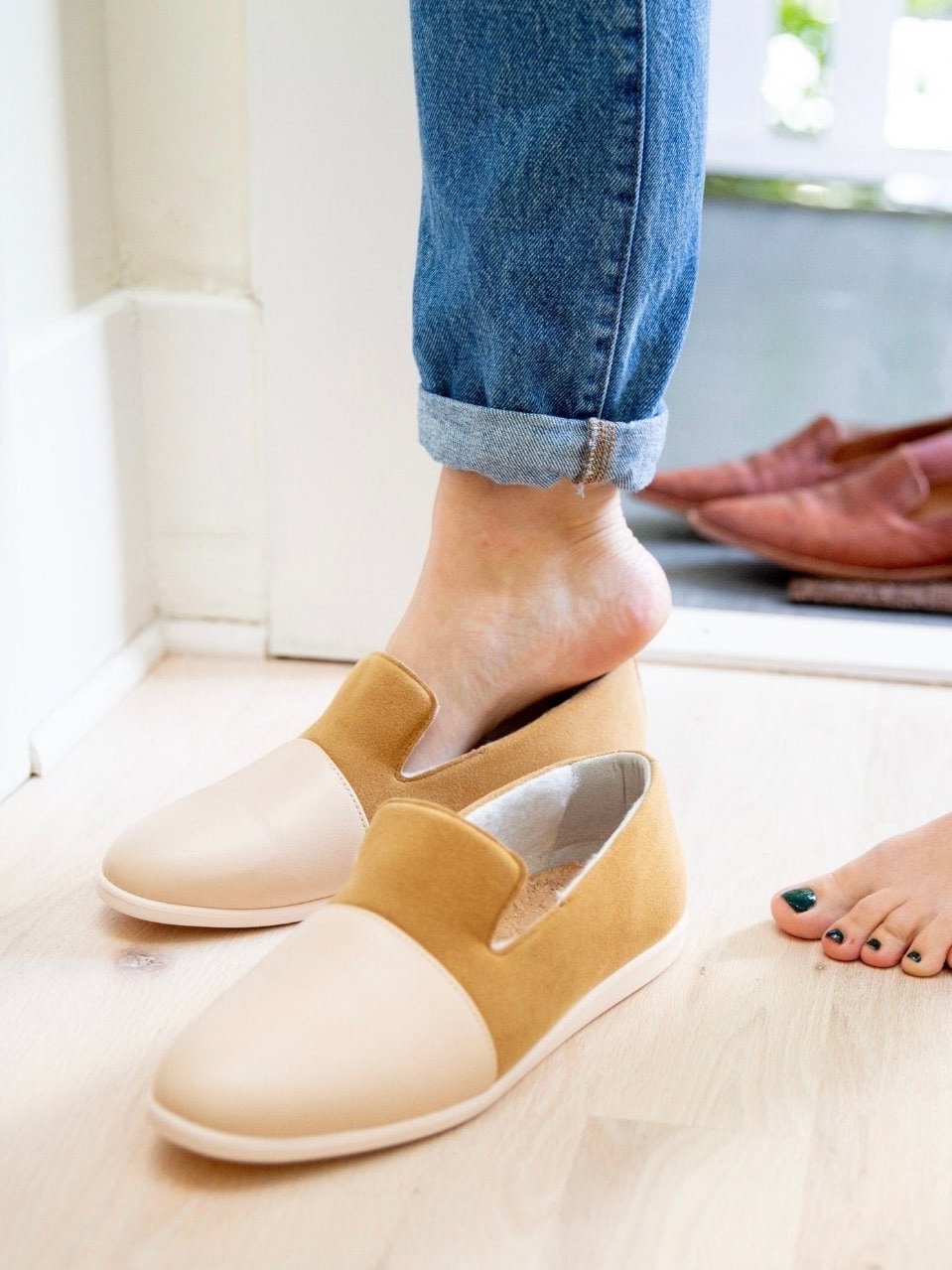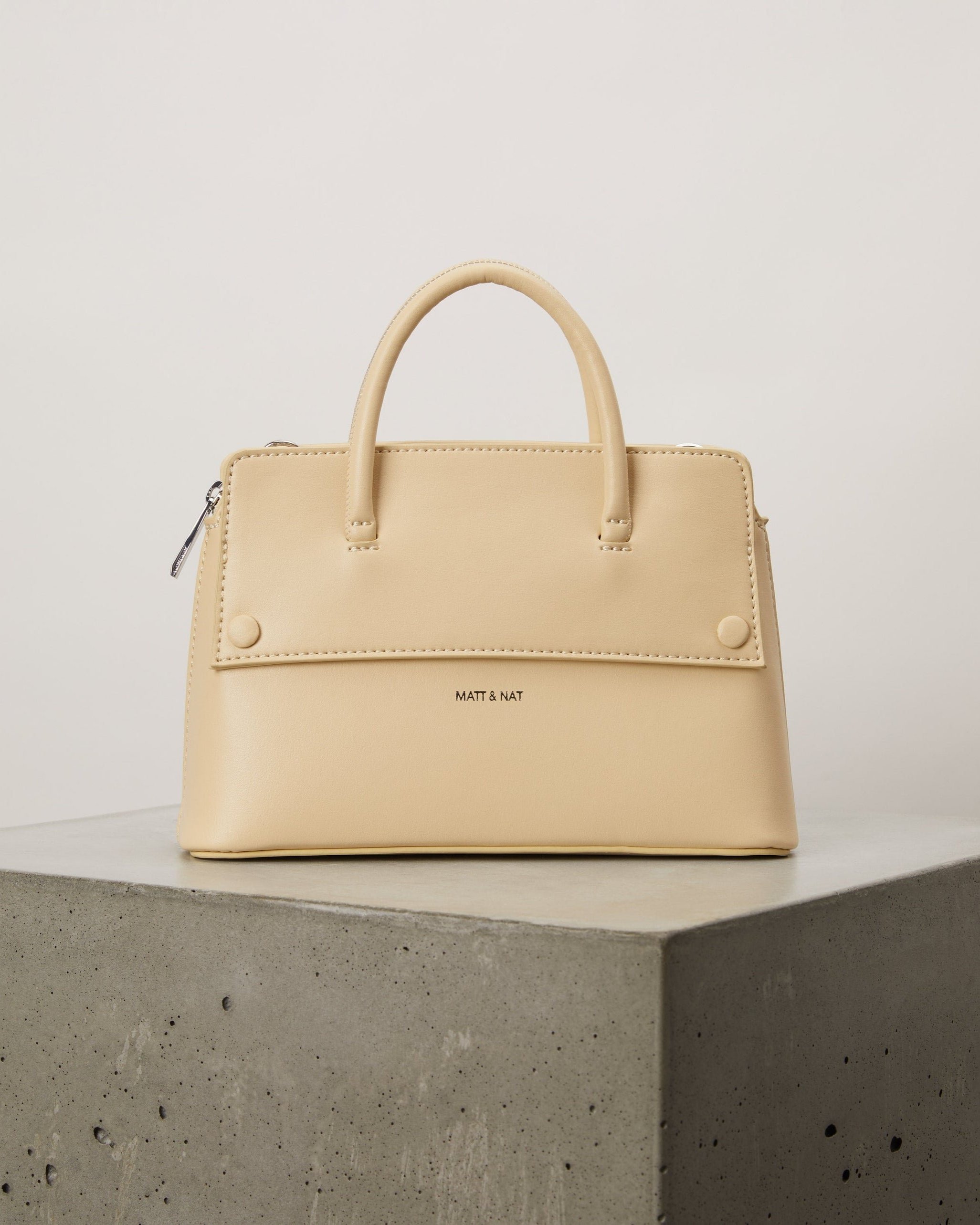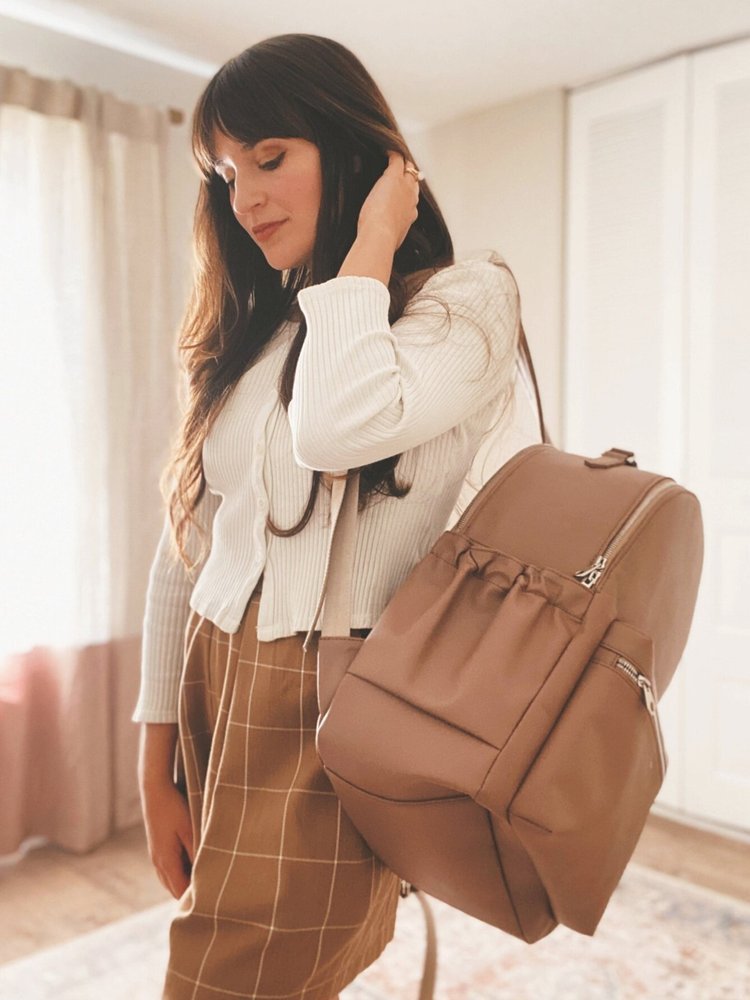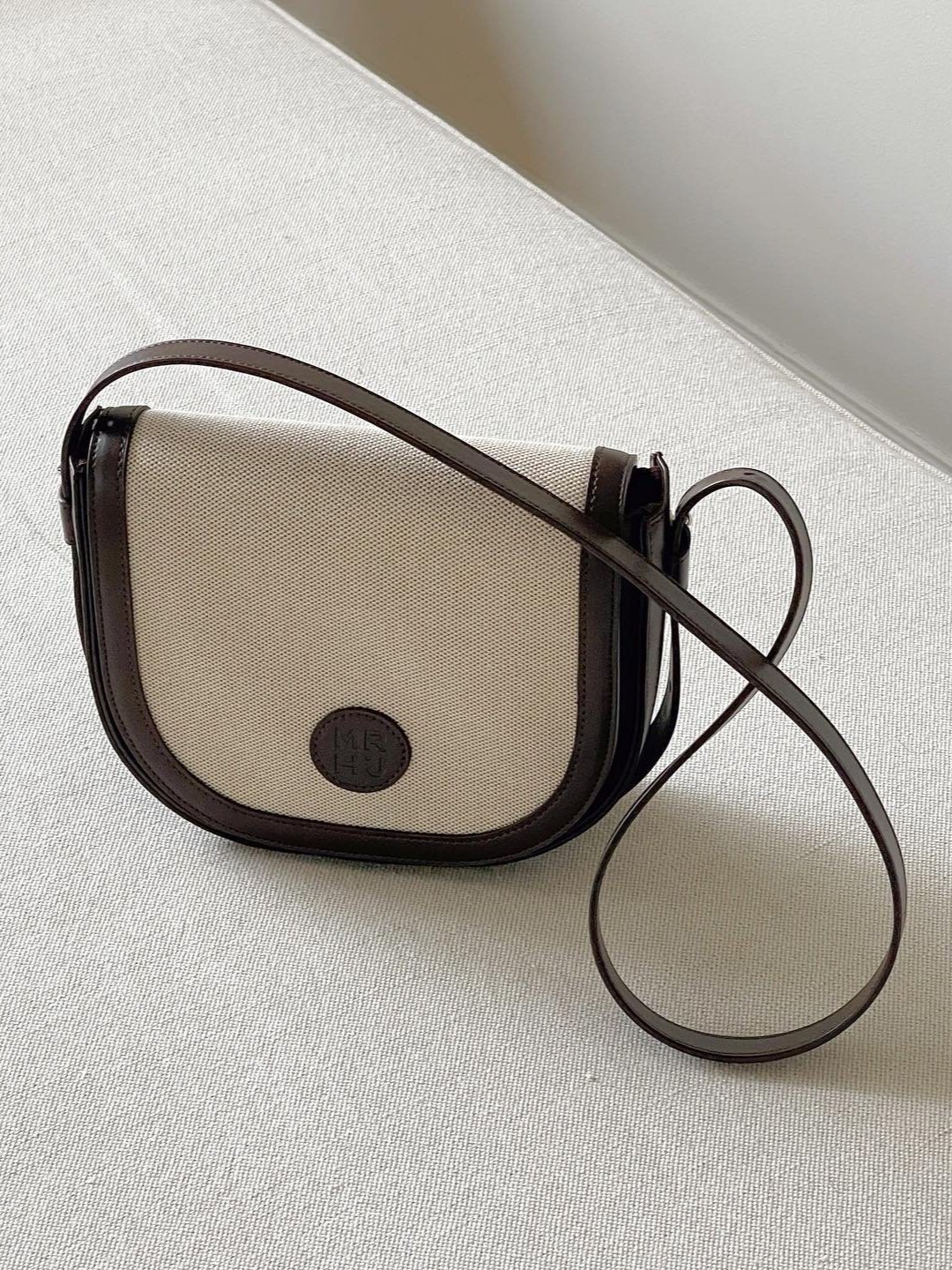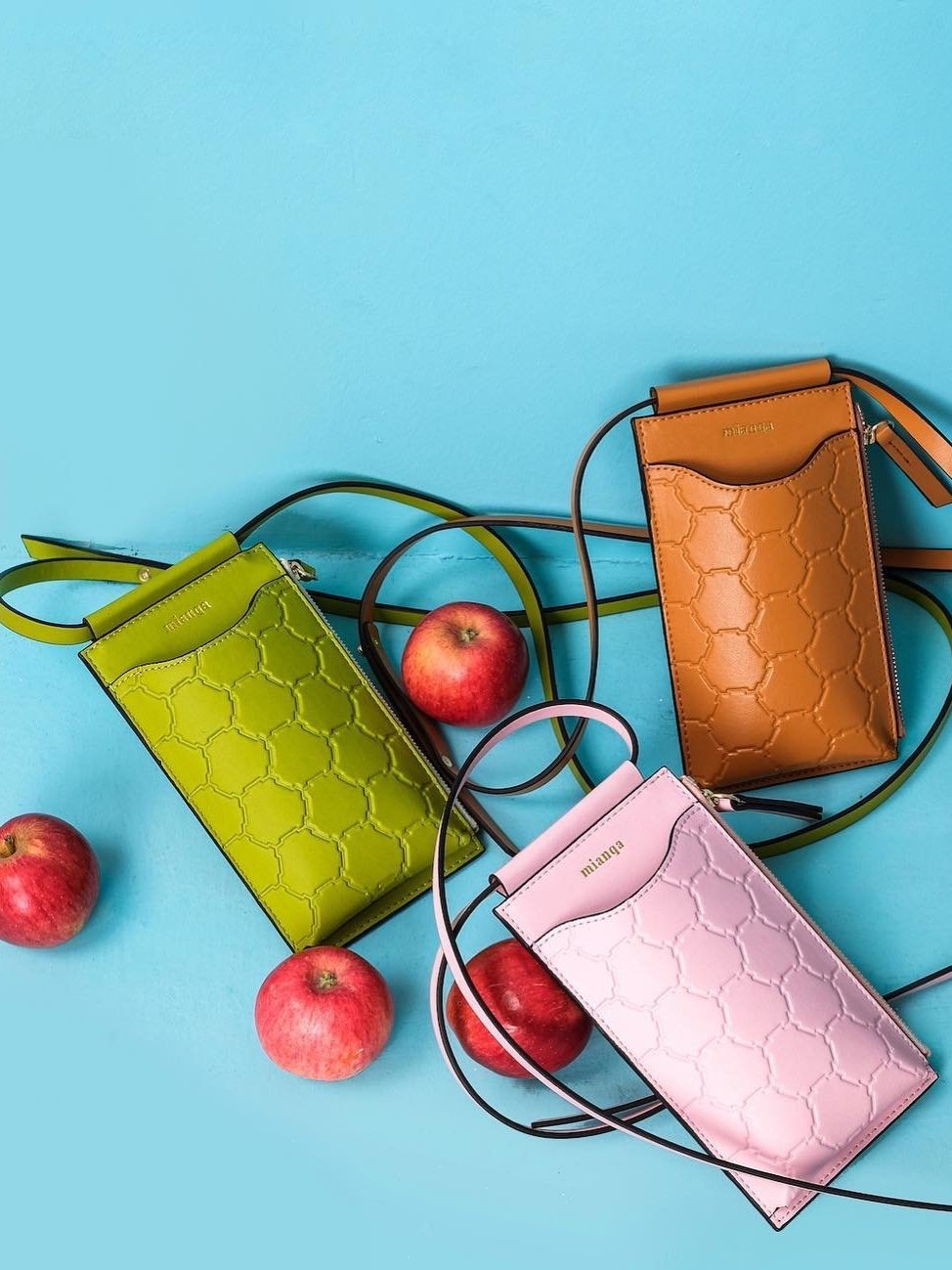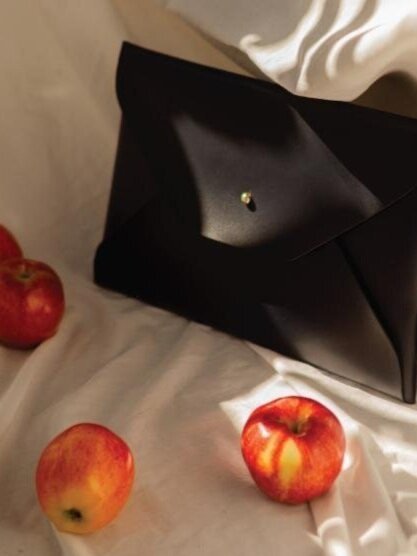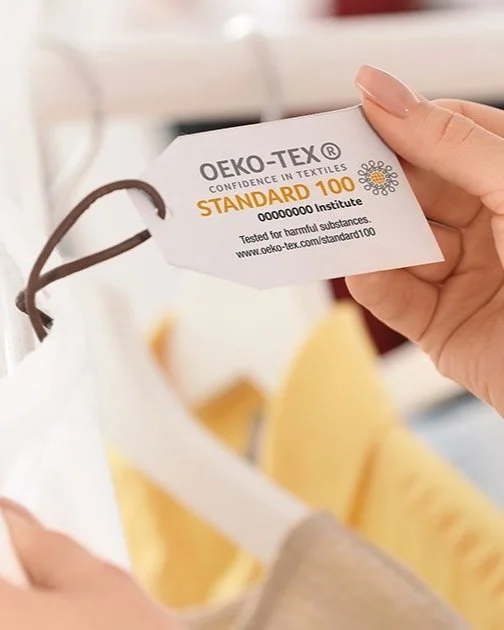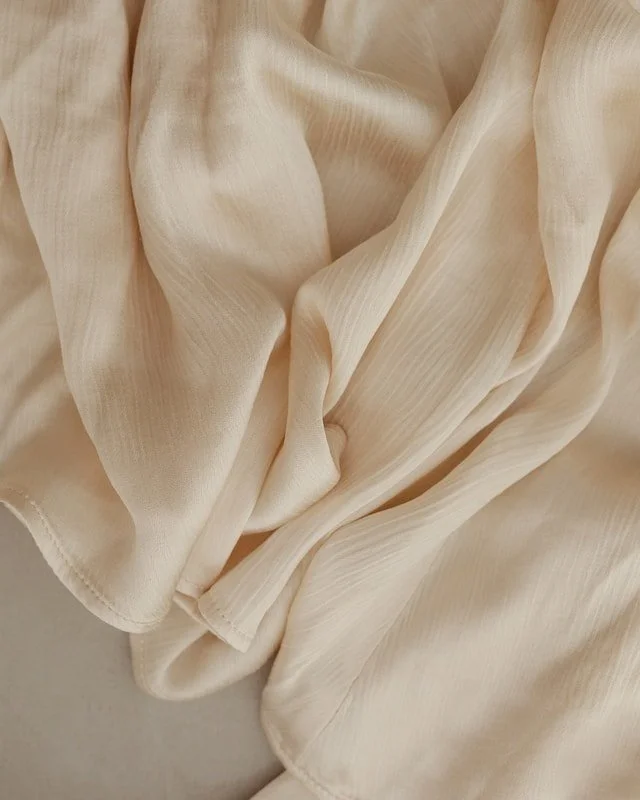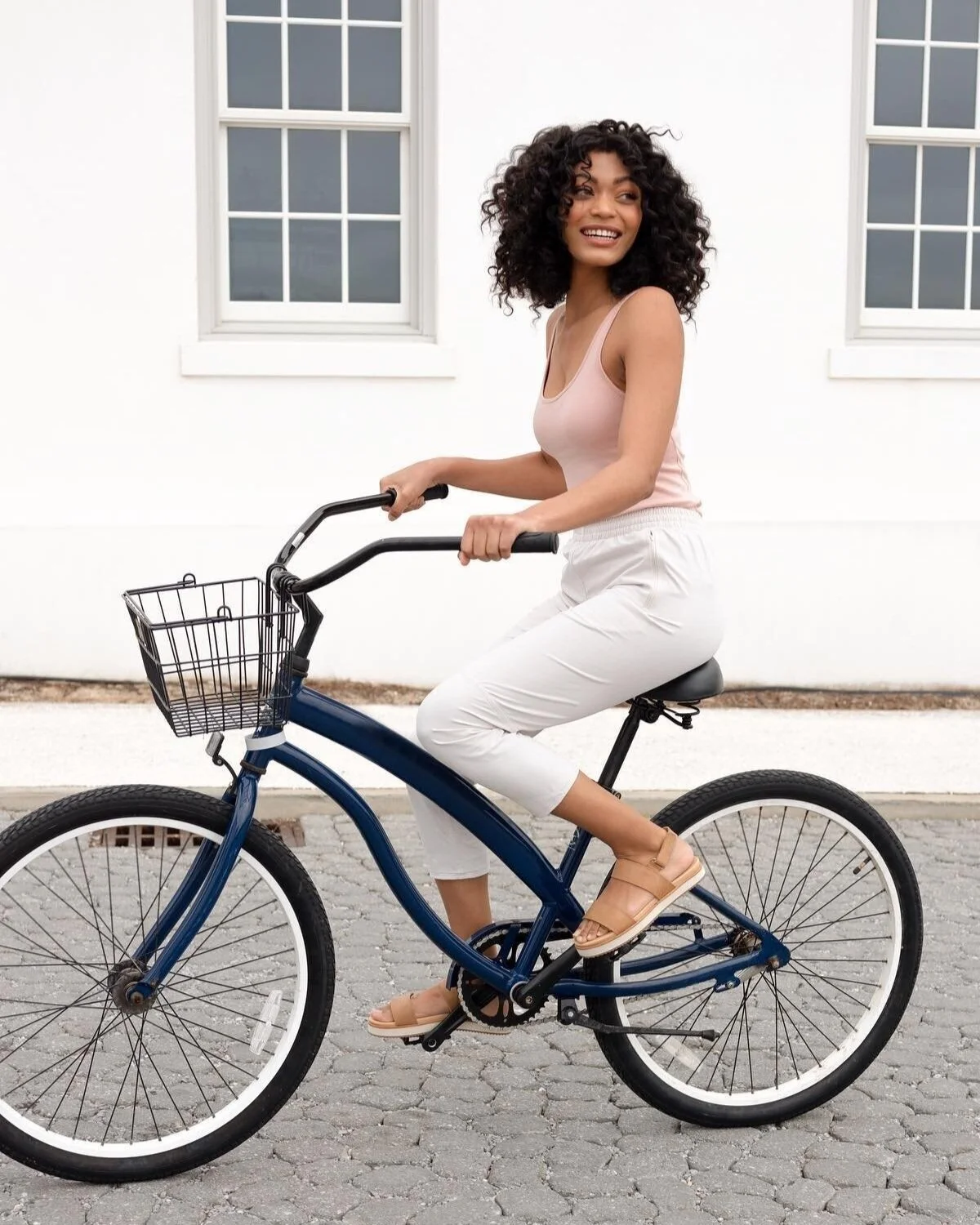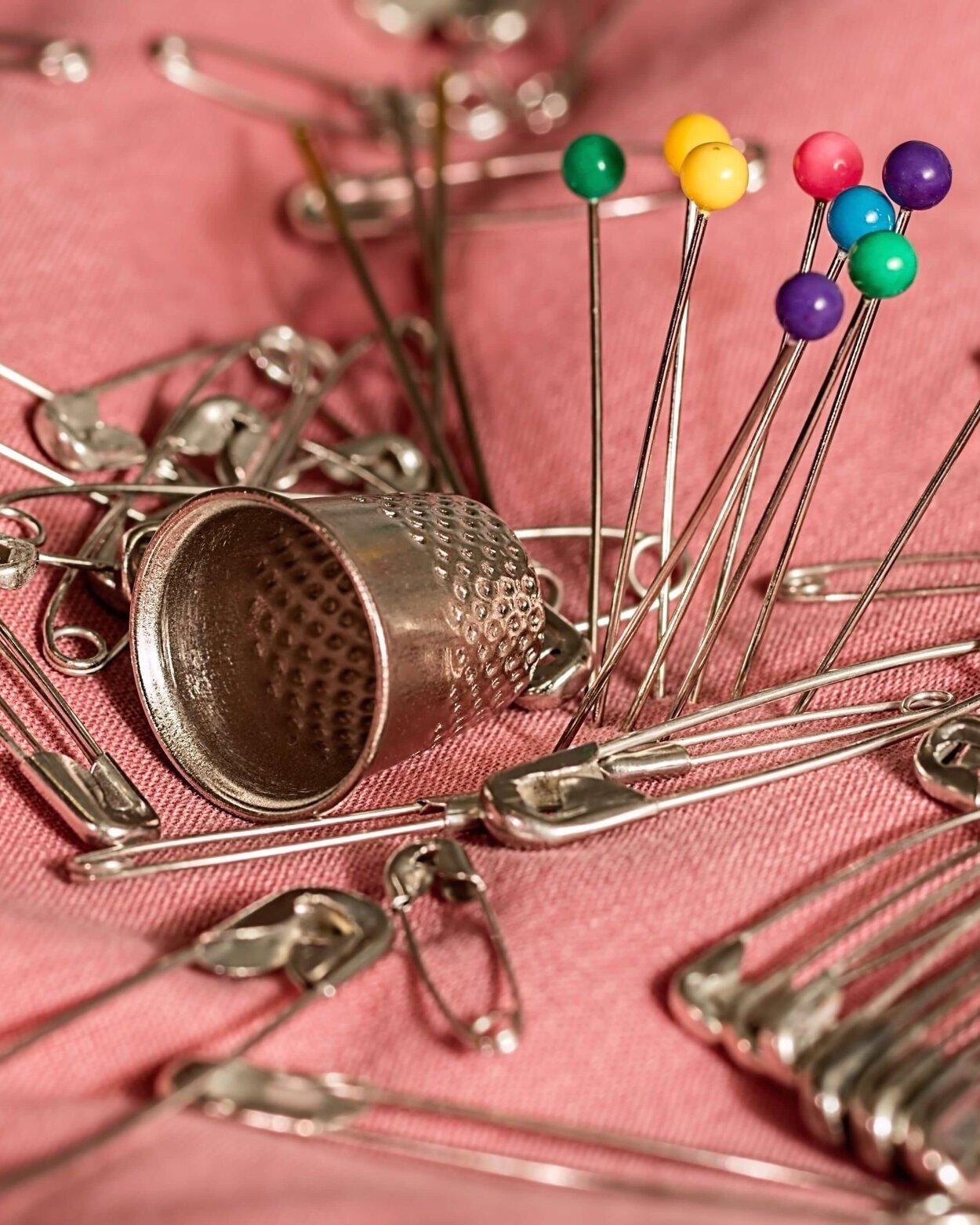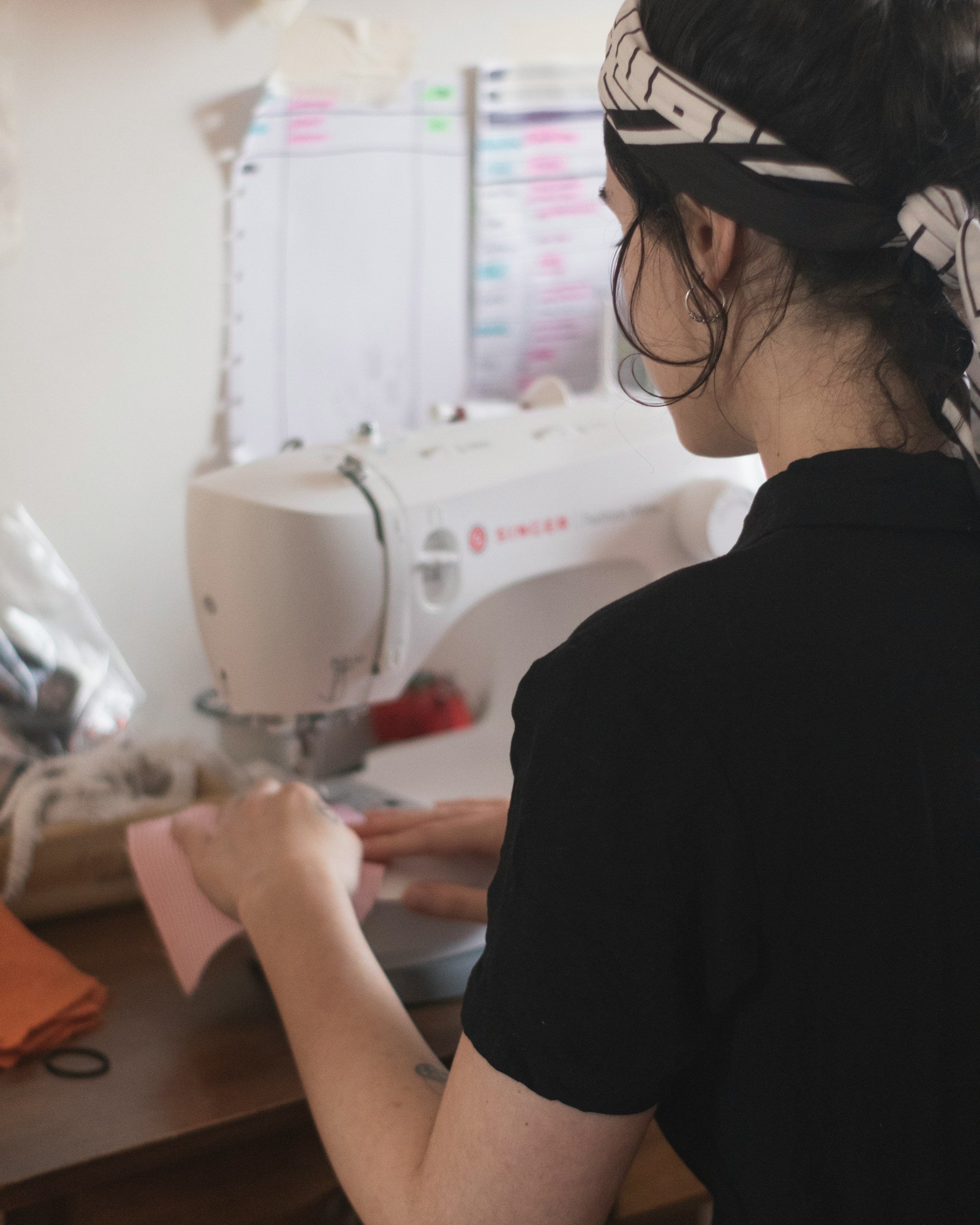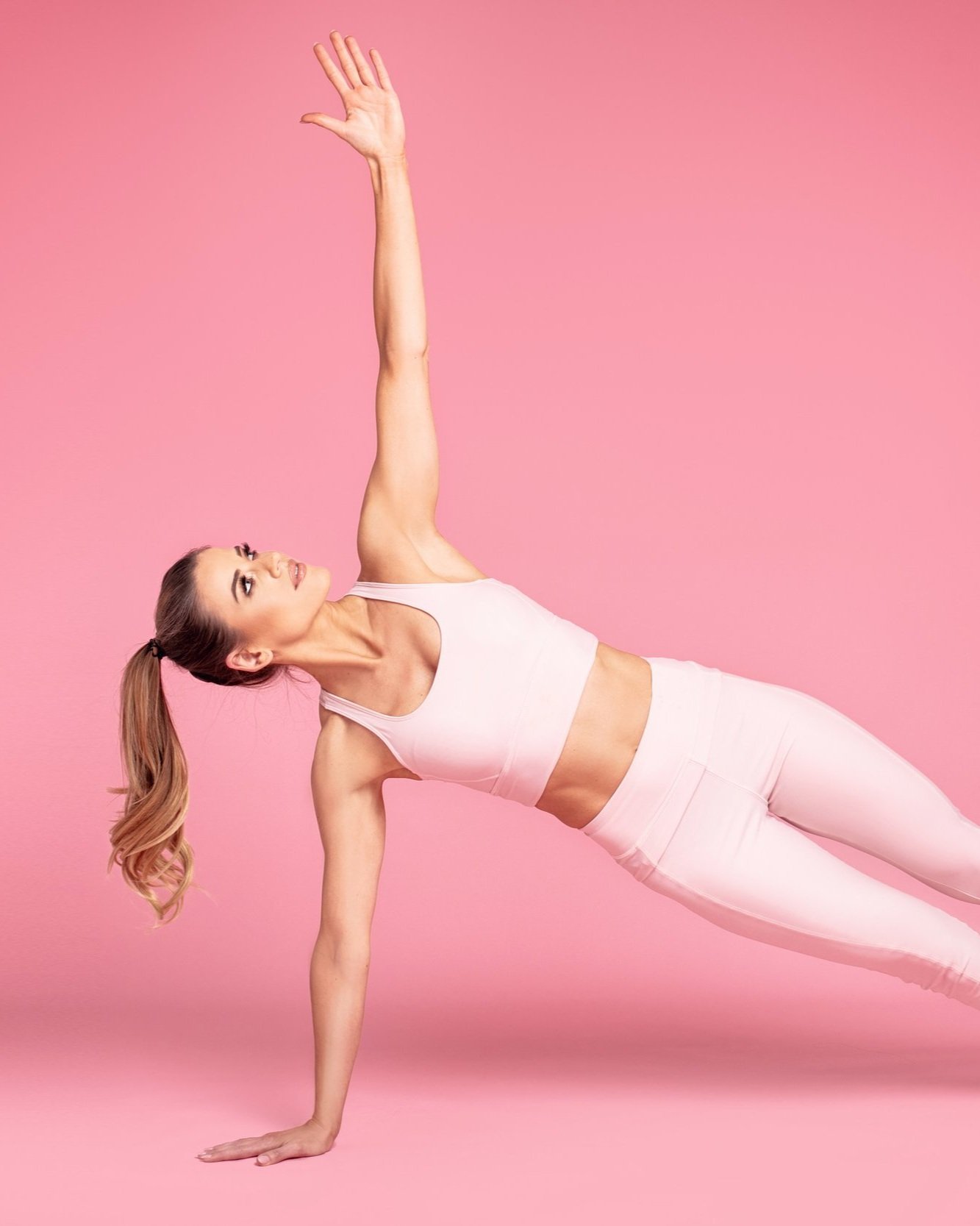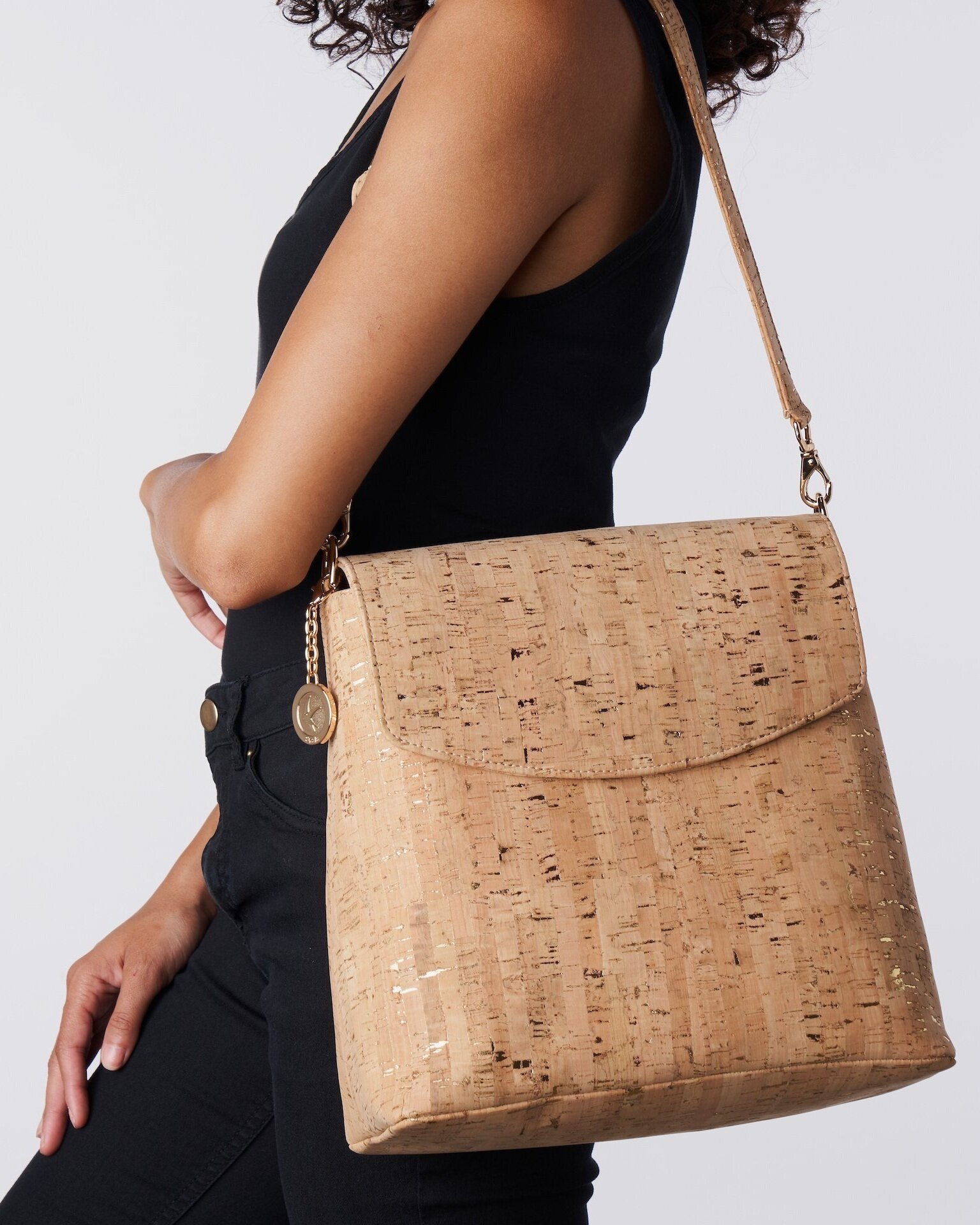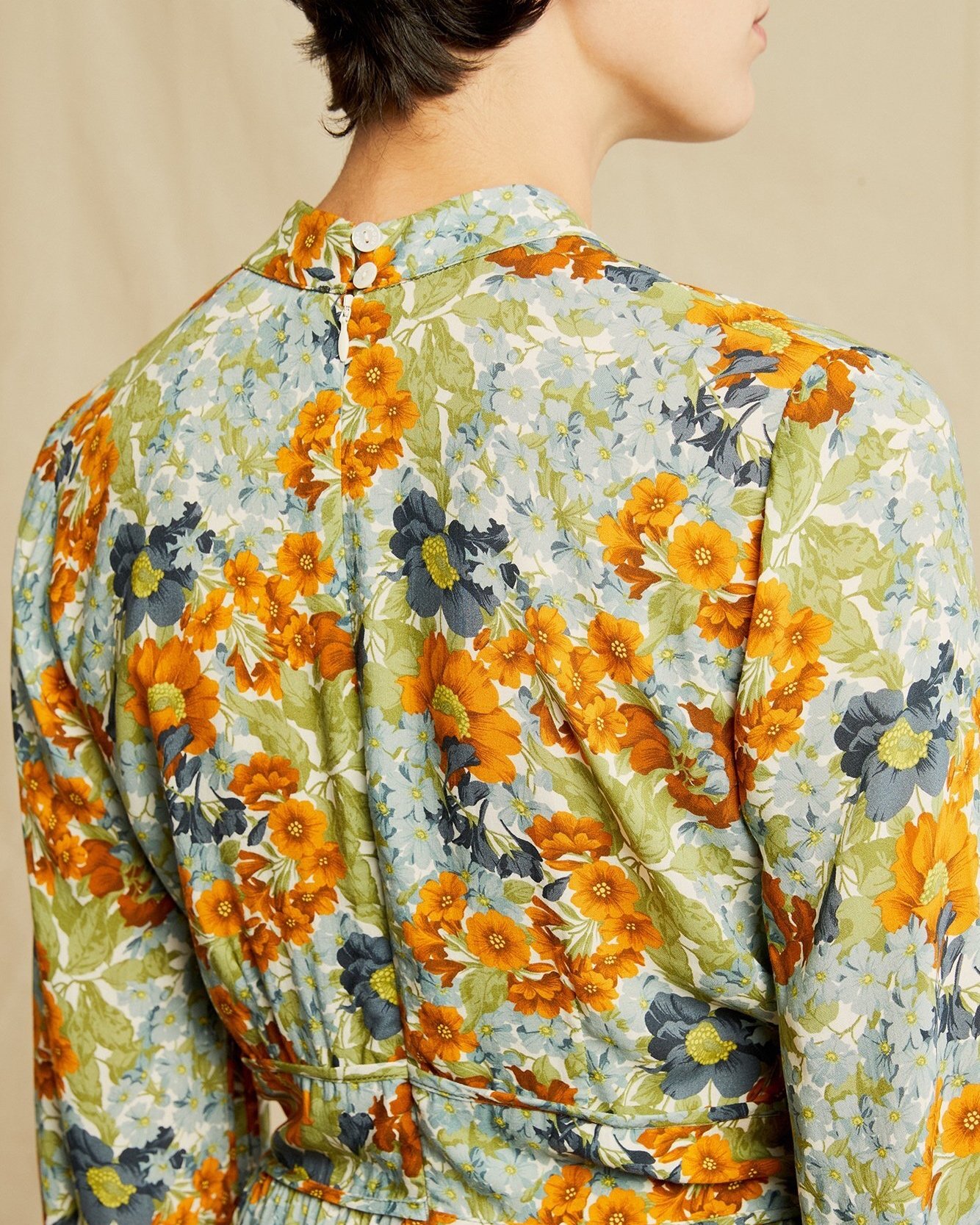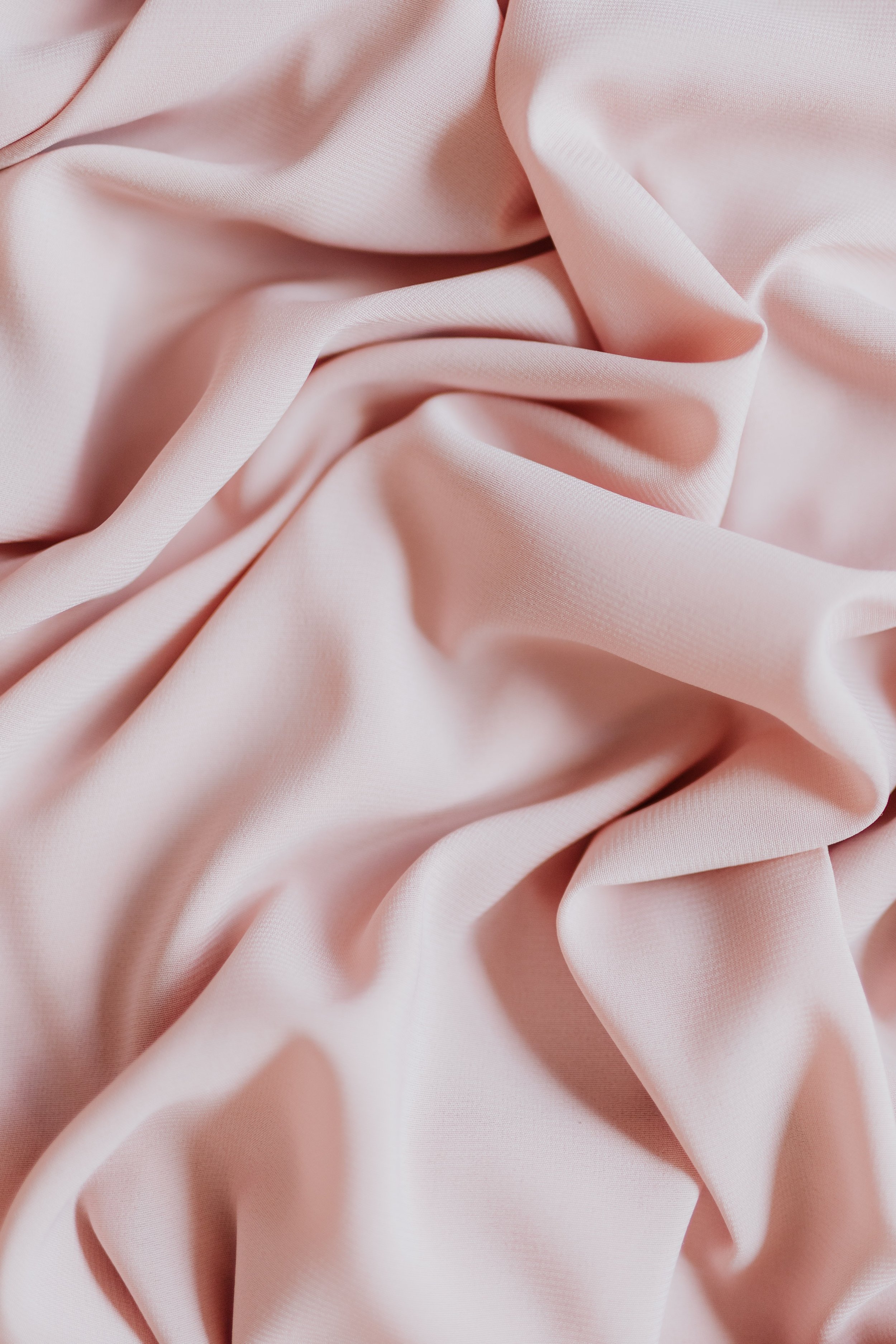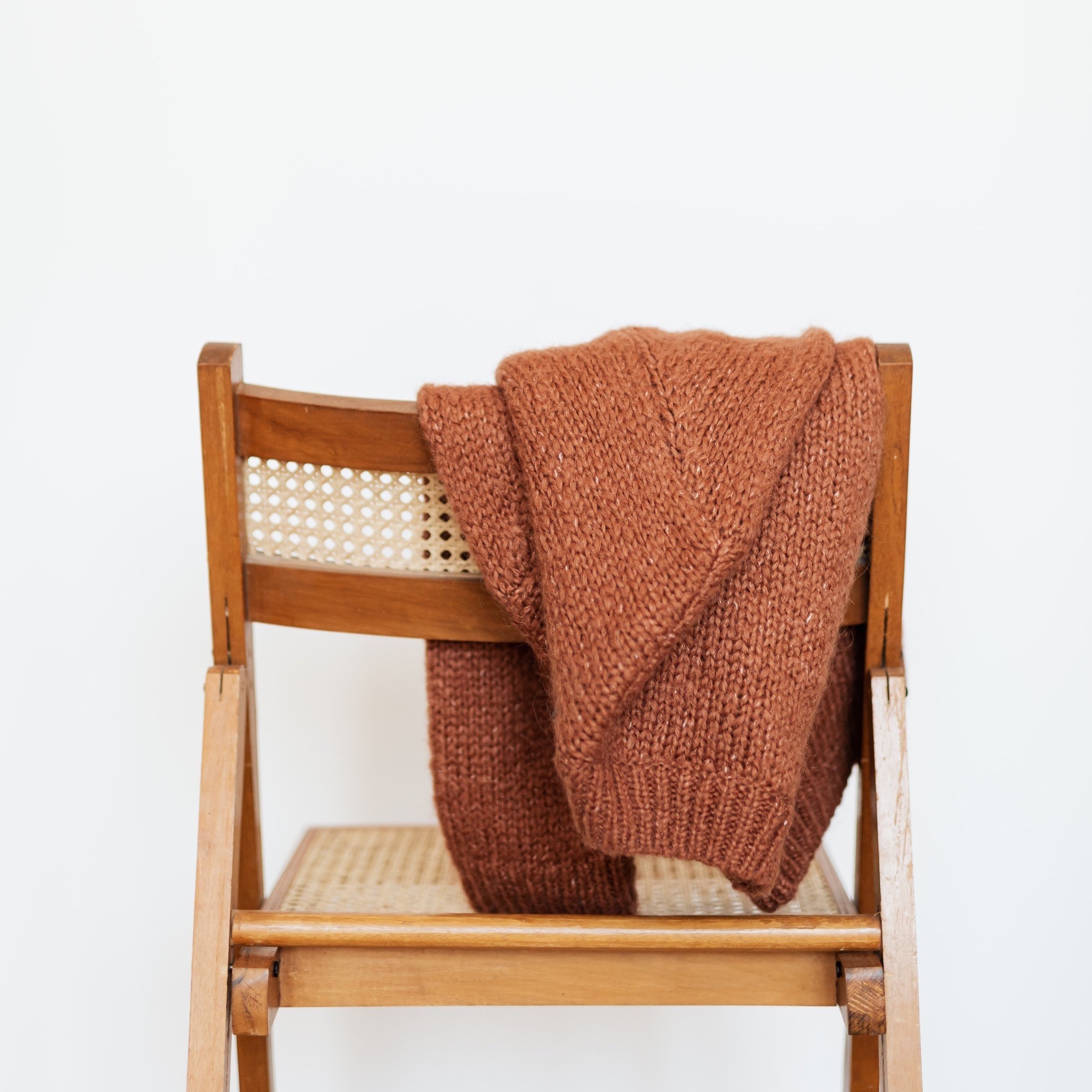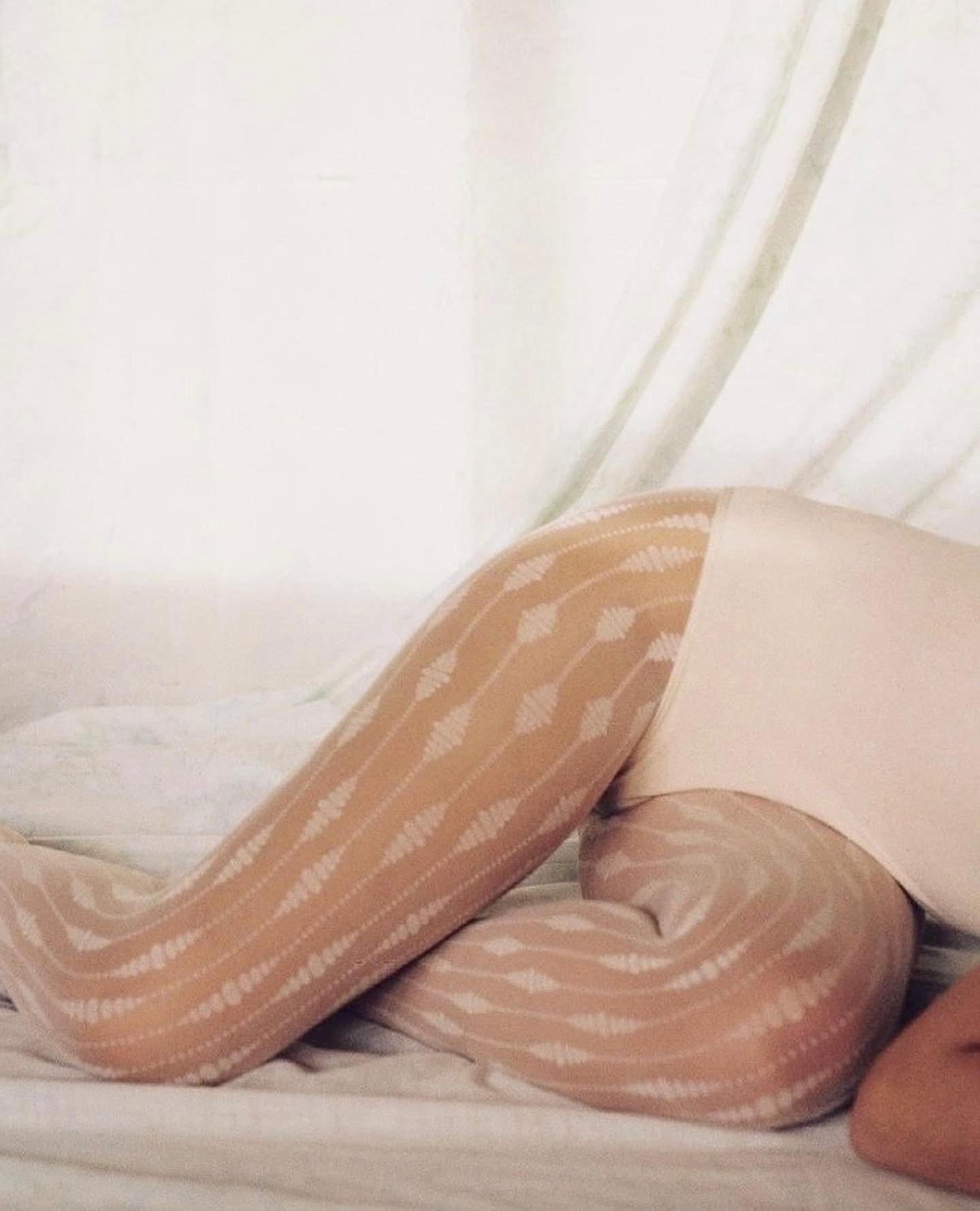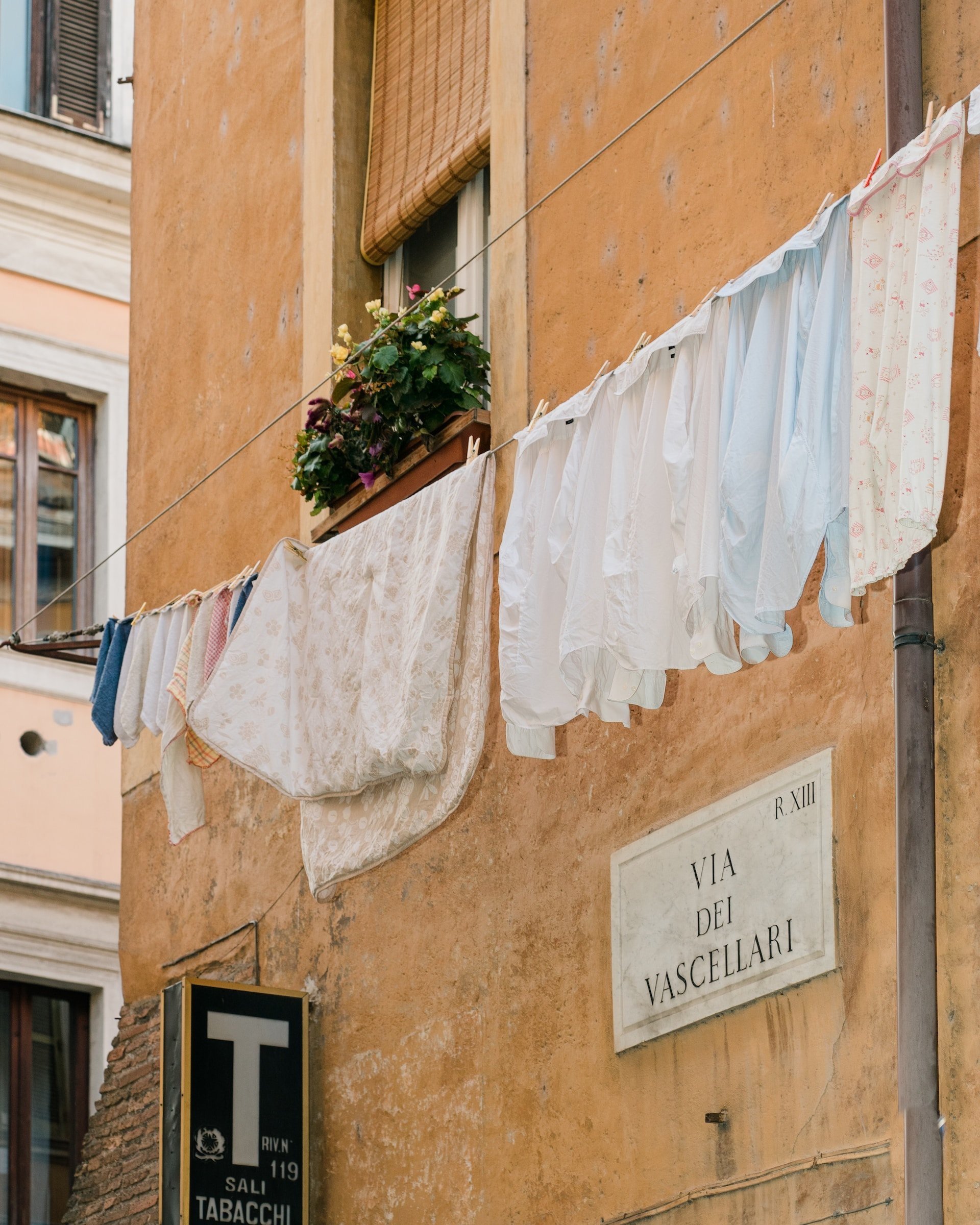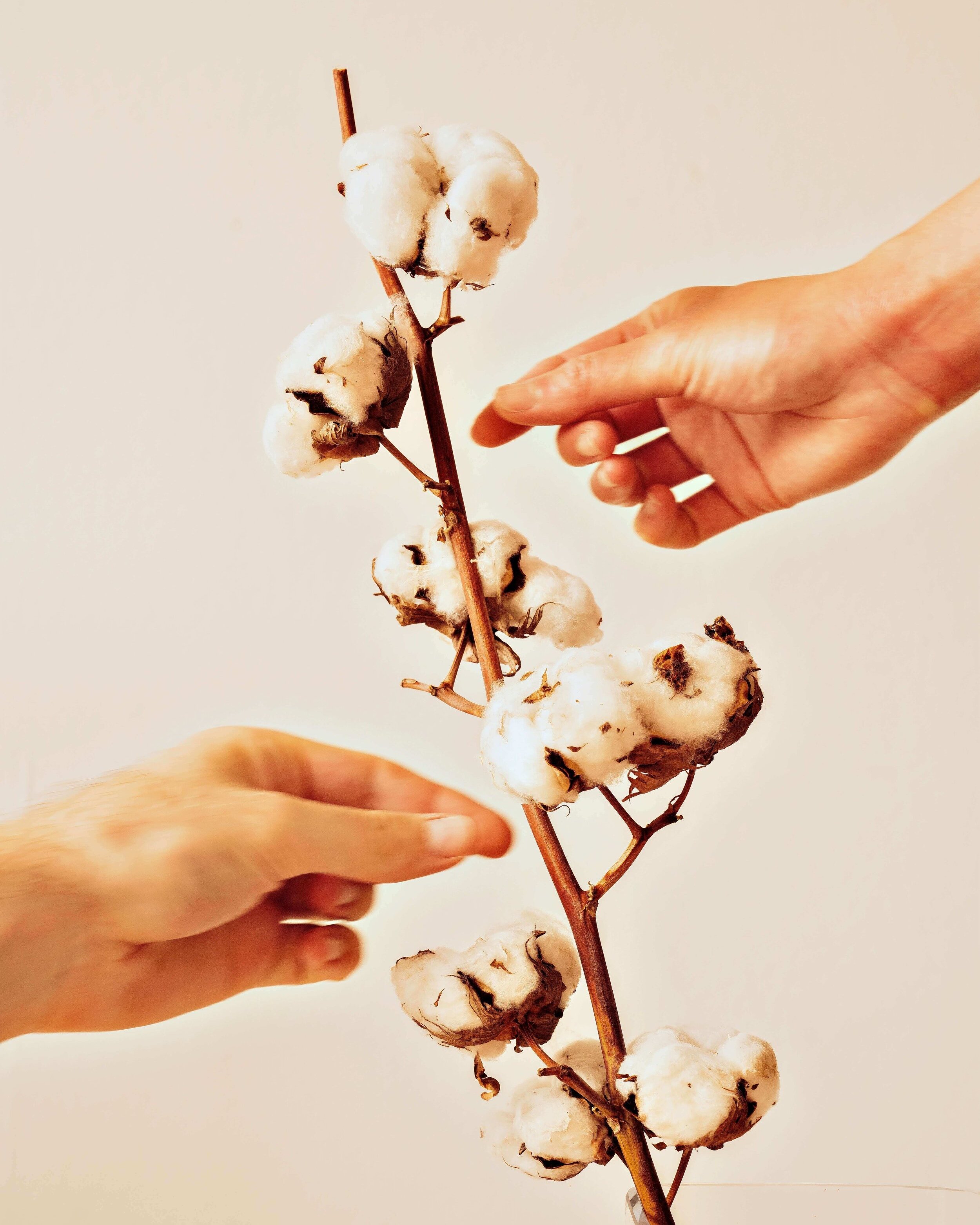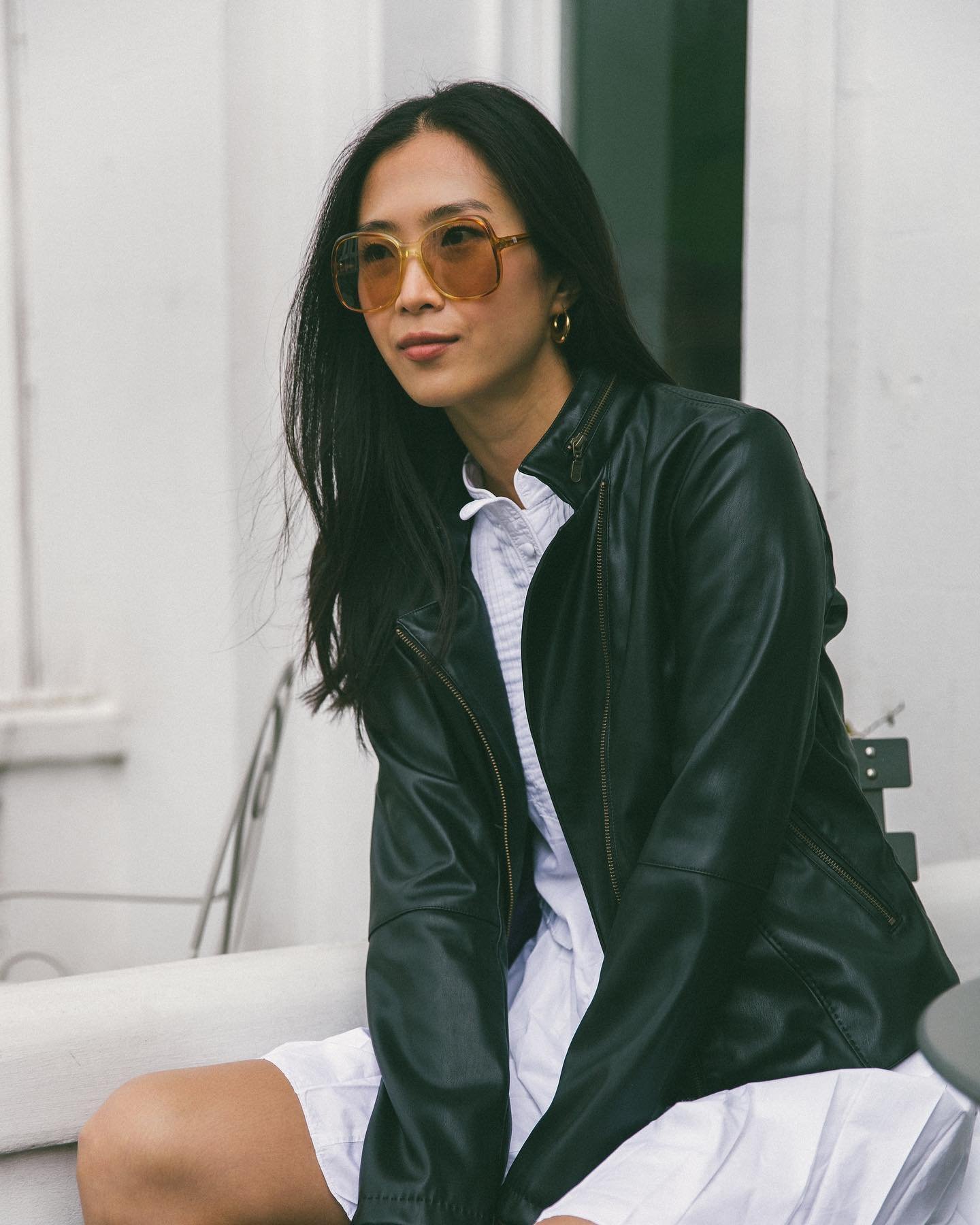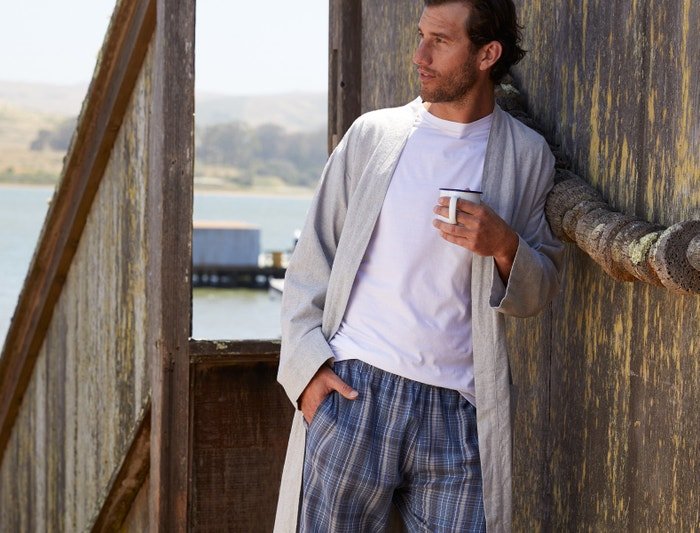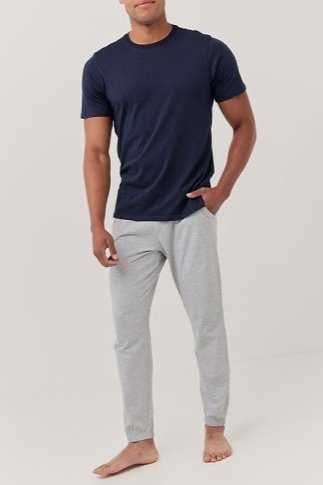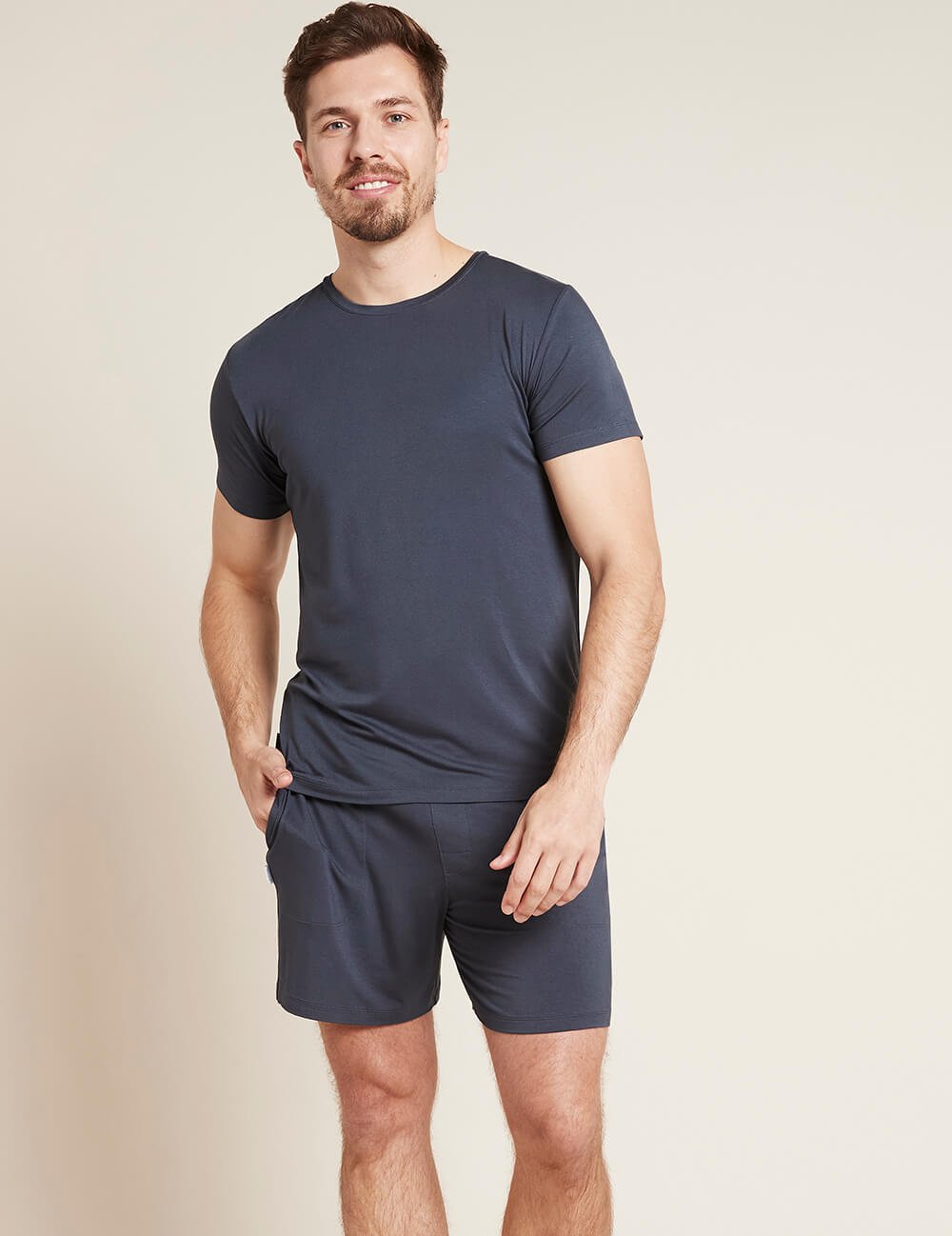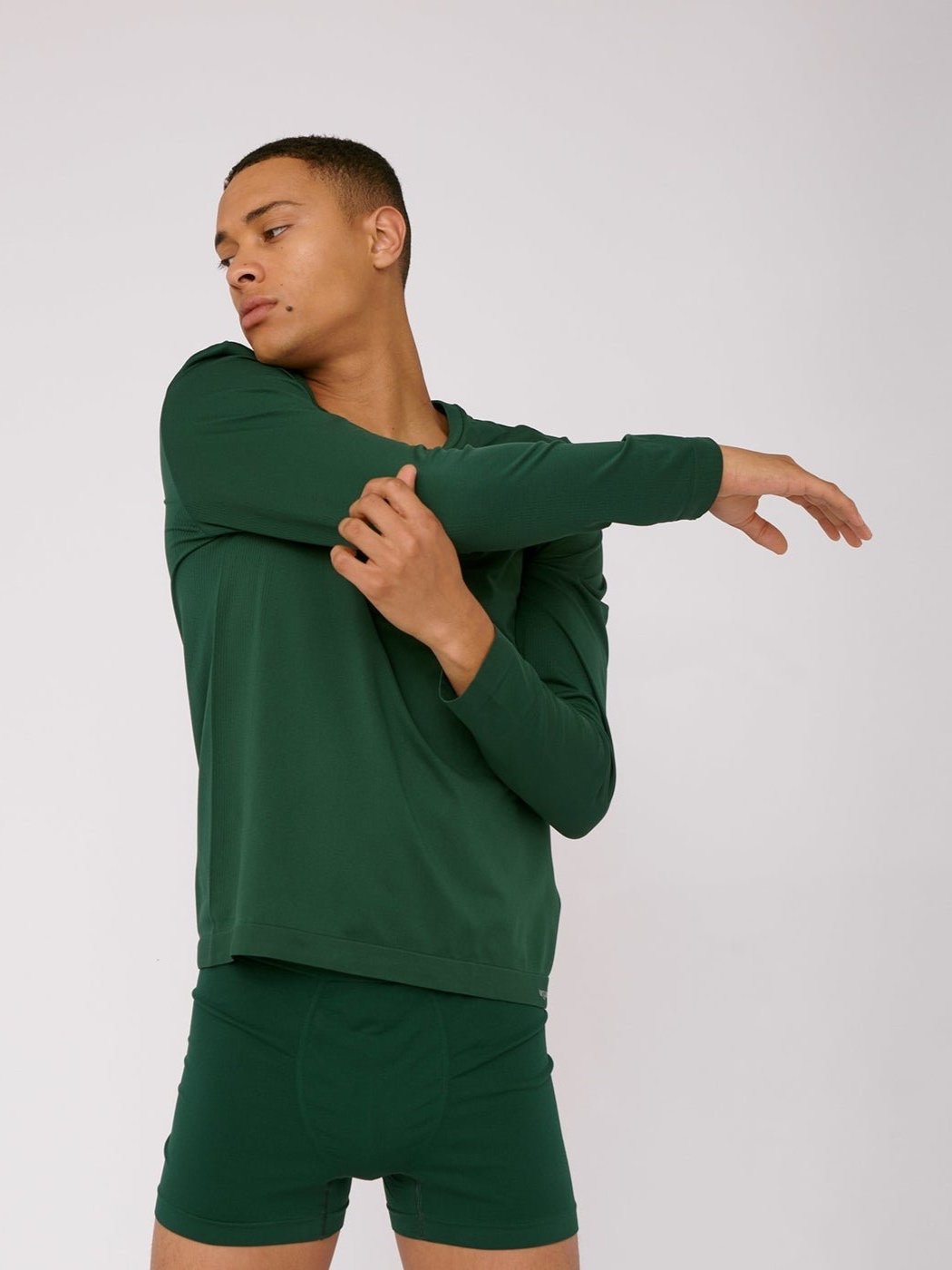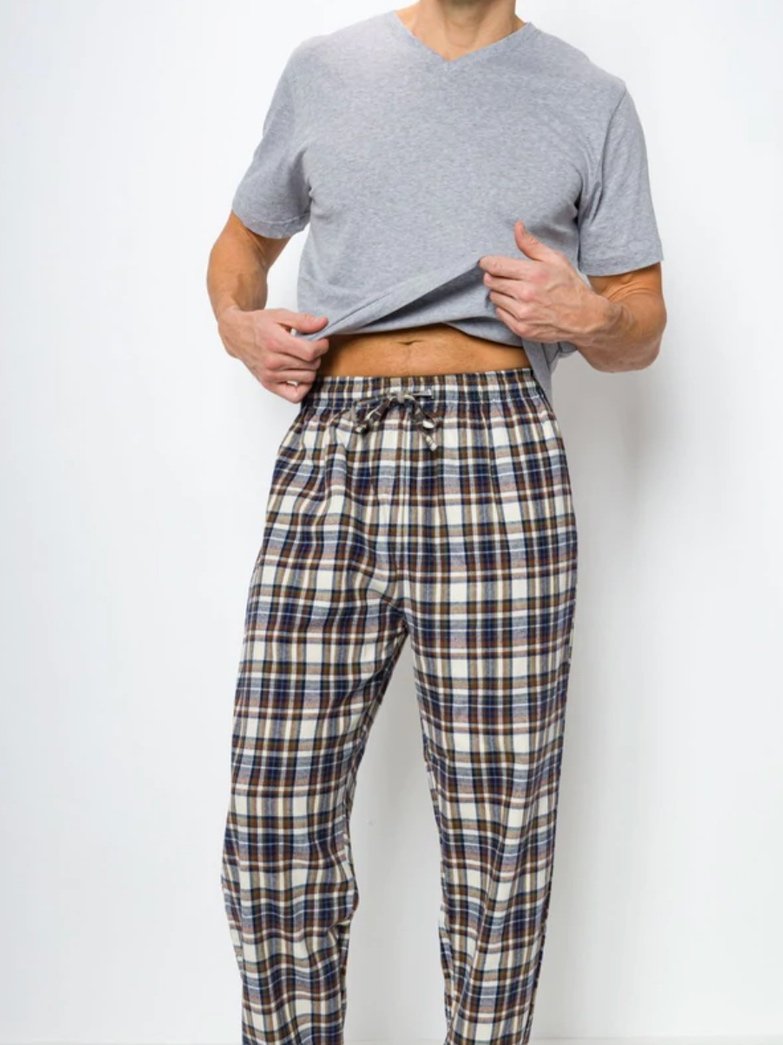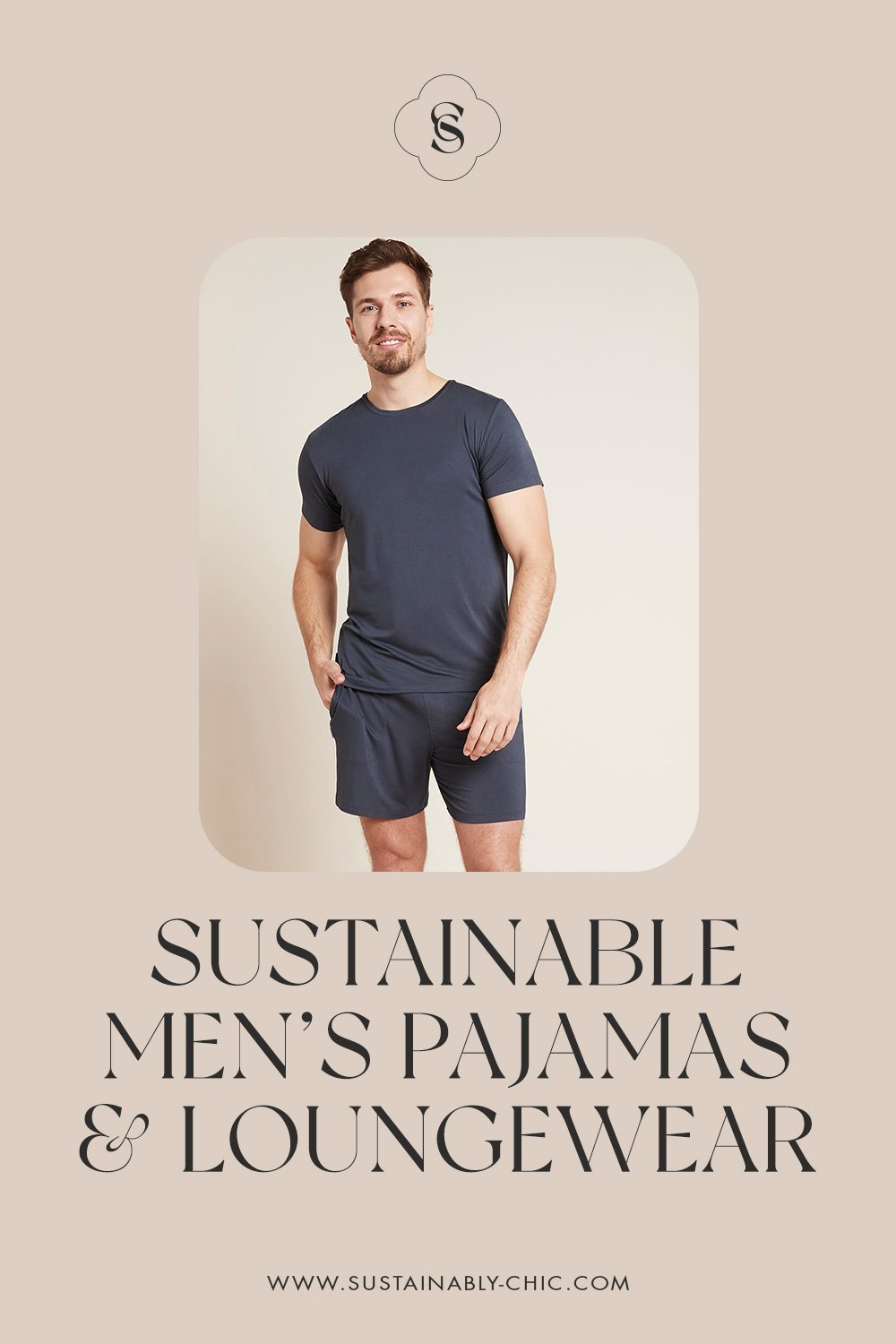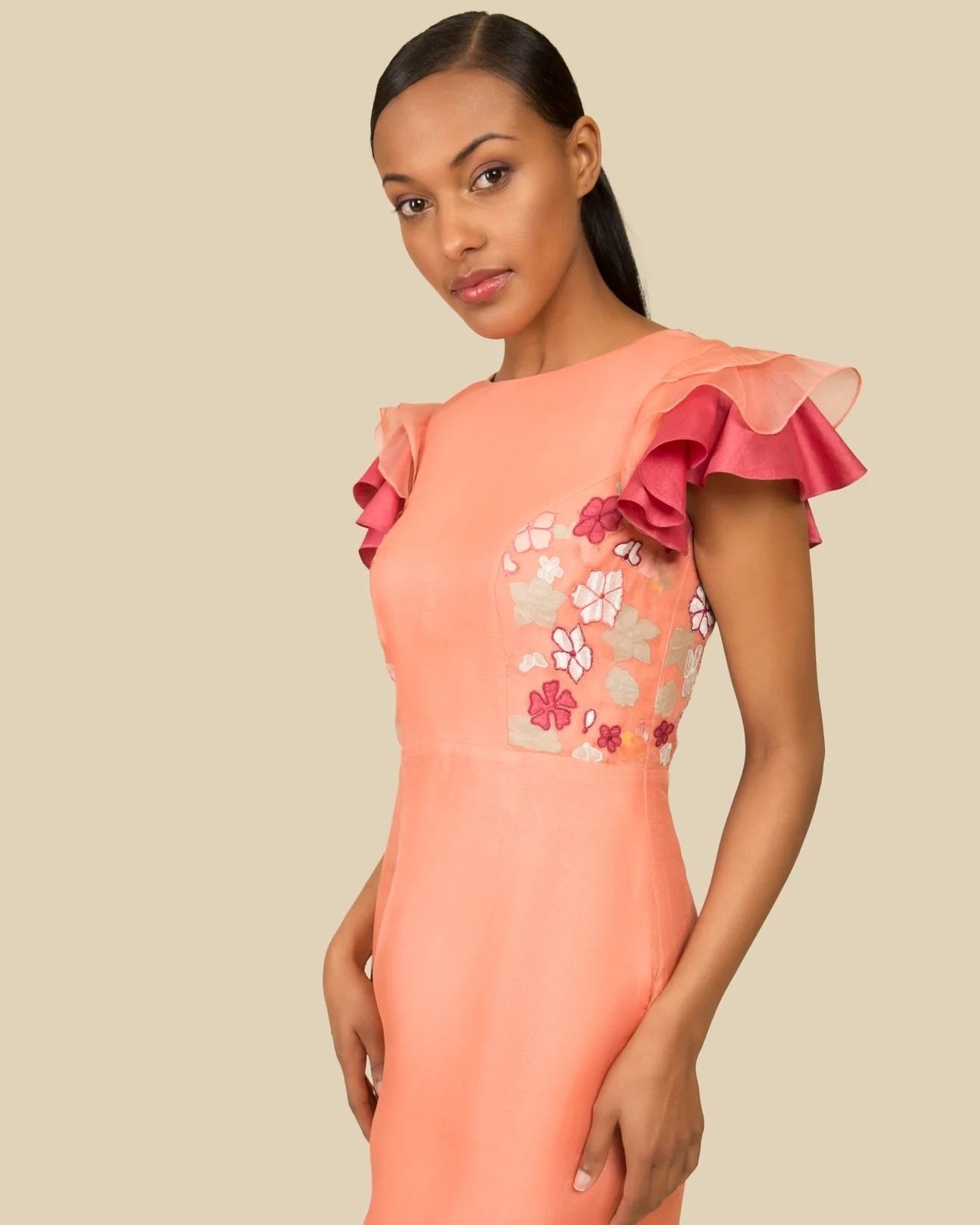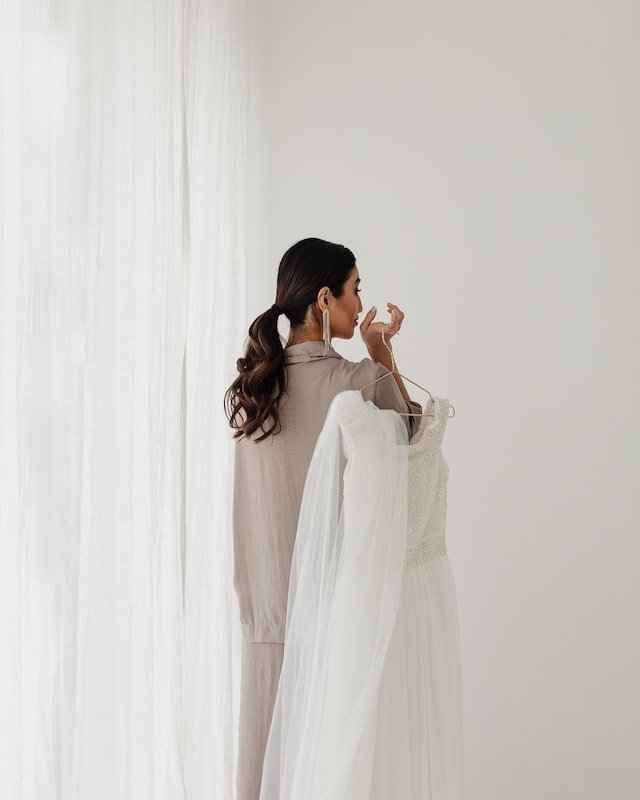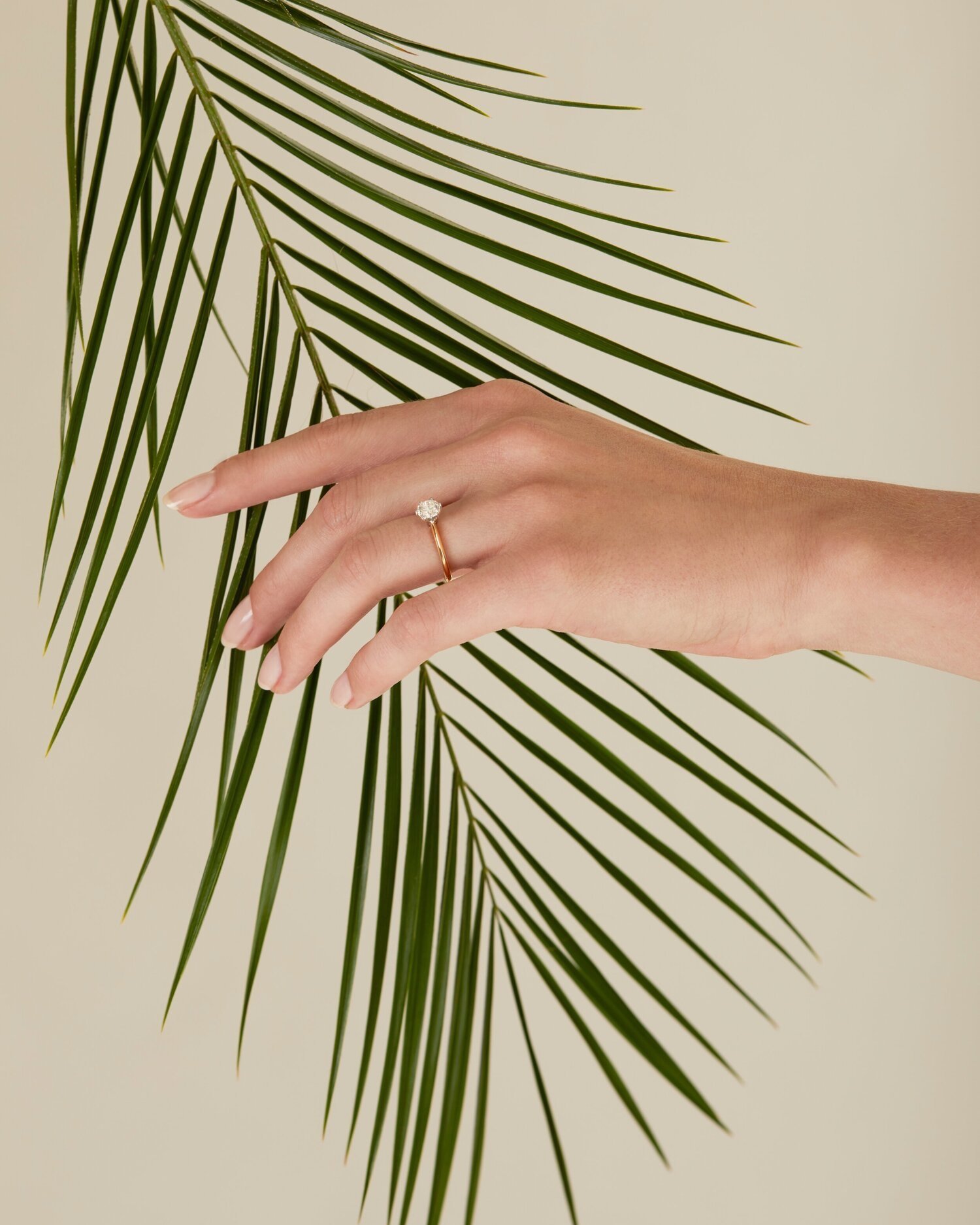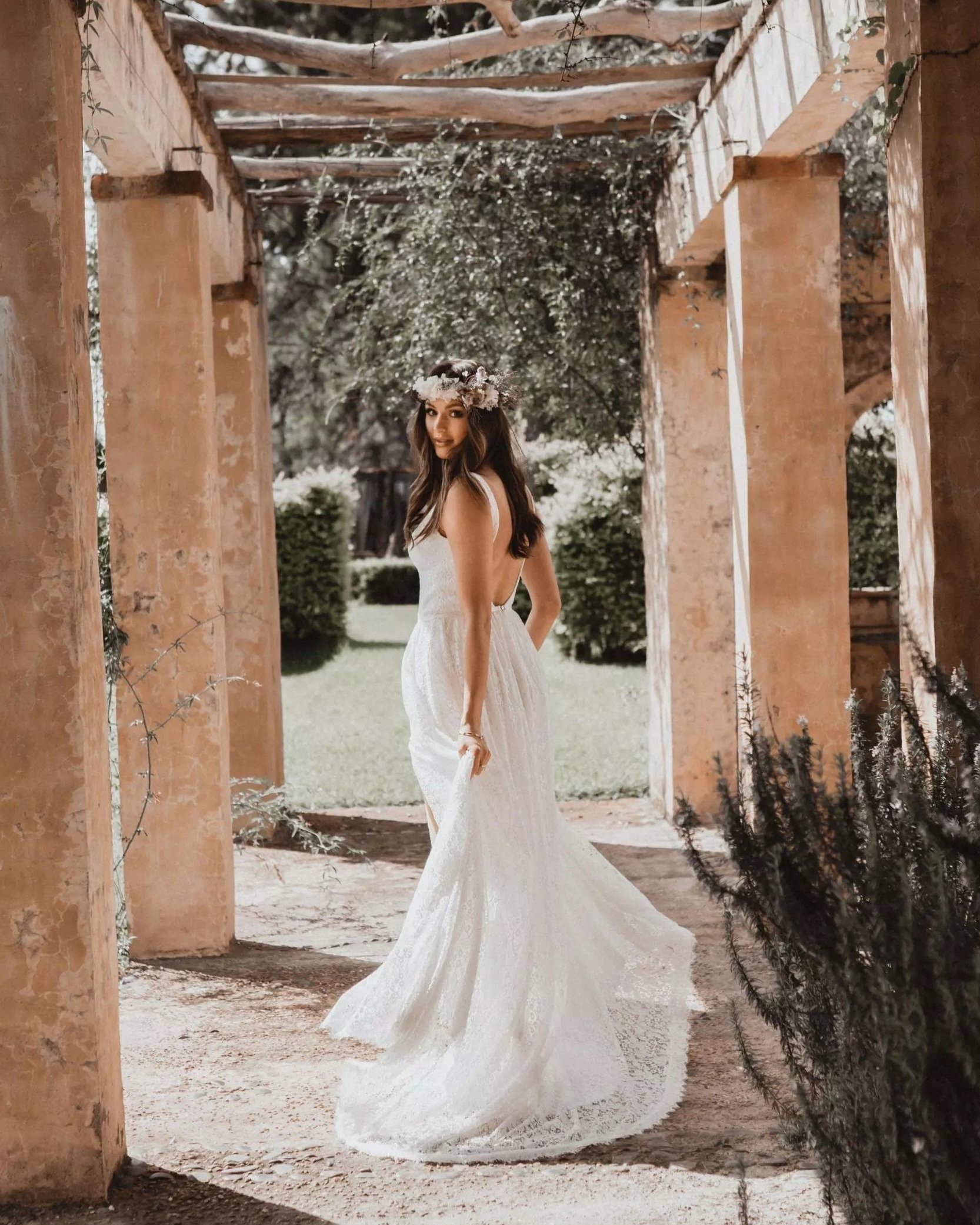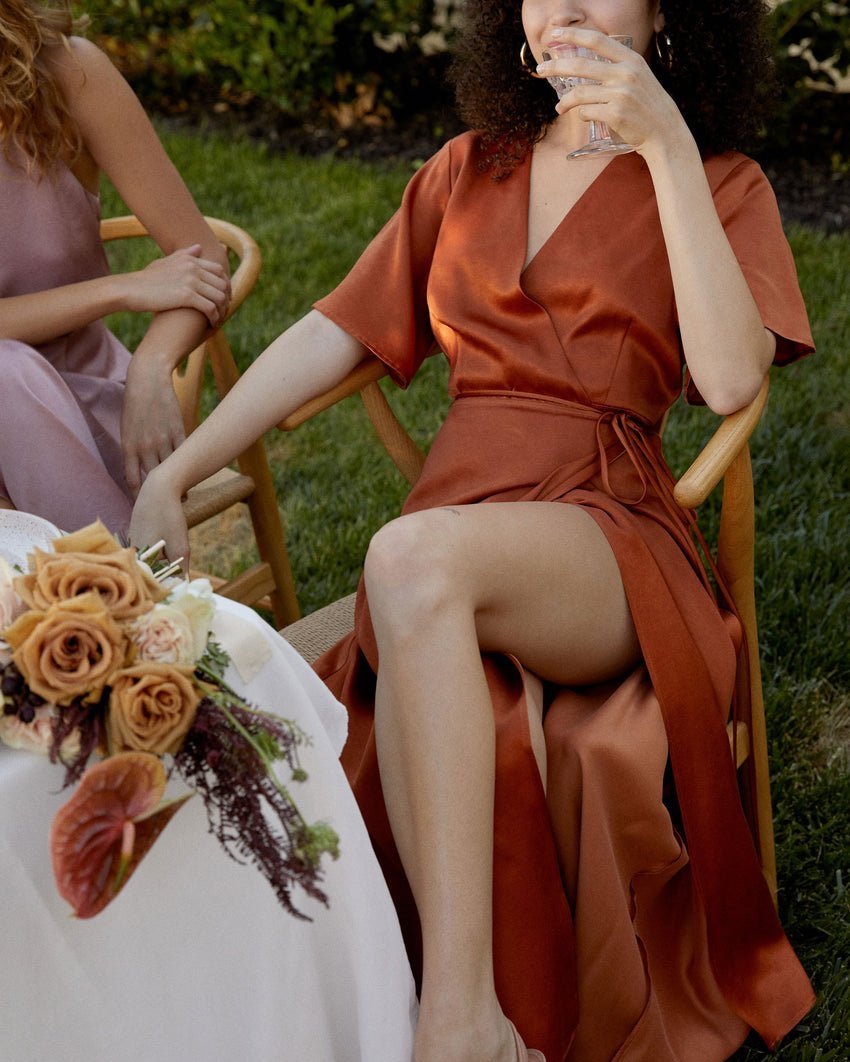A Guide to Natural Cleaning
Over the past few years, demand for household cleaning products has drastically increased in the whole world. It is primarily due to the global pandemic and how consumers have become even more concerned about their hygiene.
Of course, it is crucial to clean our homes properly, to get rid of unwanted and harmful germs and viruses. But the main issue with it is that most of these conventional cleaning products are full of hazardous, toxic chemicals that do more harm than good.
These products and their ingredients are not required to meet any safety standards, and manufacturers can sell their products no matter how bad they are for us and the planet.
When we buy cleaning products, we want them to clean our homes efficiently, and maybe add a pleasant smell to our spaces. But it should not be our only concern.
We are breathing in and touching so many chemicals on a daily basis, pouring them down the drain, and creating huge waste by throwing their packaging away once we finish them.
But what is the actual impact of conventional cleaning products on our health and the environment? What chemicals should we avoid at all costs? And what ingredients are the best to clean our homes in a non-toxic, sustainable way?
Why you should stay away from conventional cleaning products
Not only is buying a variety of home cleaners for every room in our homes expensive, but they are also creating serious issues for our health and environment.
They are toxic to our health
Many people use thousands of substances, scents, detergents, cleaning agents, disinfecting wipes, without necessarily knowing that these are causing a lot of harm.
Most conventional home cleaners contain toxic and hazardous chemicals that threaten our health if we are exposed to them on a regular basis.
Conventional cleaning products are poisonous if ingested, but they are also one of the most important sources of indoor pollution. Therefore, they are products that should not be touched or inhaled frequently.
According to the 55 U.S. poison control centers, 10% of all poison exposures in 2019 were linked to cleaning substances.
When mixed together, some products are so dangerous that they can even cause death. For instance, combining chlorine and ammonia creates a chloramine gas that can be lethal to humans.
Even though these are more extreme cases, most cleaners may cause other major issues to our health. In the short run, being exposed to them can lead to respiratory or skin irritation, chemical burns, or watery eyes. In the long run, those products can induce more severe conditions such as chronic diseases or even cancer.
What's worse, cleaning products not only threaten adults’ health, but they are even more dangerous to children and babies (unborn babies included!). They are so not worth it!
They are an environmental hazard
Like many things that are toxic to human health, conventional cleaning products are toxic to the environment and animals.
When we pour those cleaners down our drains, thousands of chemicals are washed into water streams and oceans. While many are biodegradable, many others persist in the environment and cause serious issues, threatening wildlife and water quality, and ending up in the food chain.
In 2002, the U.S. Geological Survey found that 69% of tested streams contained detergent metabolites and 66% had disinfectants. Many of those chemicals mimic the hormone estrogen, thus harming the reproduction of fish in waterways.
Others act as fertilizers, and as a result, lead to an overgrowth of algae, which contributes to the depletion of the water’s oxygen supply and, eventually, to the death of underwater fauna.
Another issue conventional cleaners cause is that a large proportion of them are made with petroleum-based chemicals. Oil is a non-renewable resource, and this industry is one of the most polluting in the world.
Volatile organic compounds that we can find in some cleaning products also add to our global air pollution problems.
Last but not least, the majority of those chemical cleaners are packaged in plastic bottles or aerosol cans that are hardly ever recycled. Disposable wipes also always end up in landfills or are tossed in the toilets, and they do not biodegrade at all.
Toxic chemicals to avoid in cleaning products
Conventional cleaning products are so bad mainly because of the hazardous chemicals they contain. While researchers are yet to study the health and environmental impacts many ingredients have, we already know the harmful effects of so many of them.
Some are worse than others, and we should be aware of them to make sure we eliminate them from our lives and homes as much as possible.
Here is a list of chemicals you should avoid when you are buying a home cleaner or any other products you might use, like toothpaste, make-up or shampoo:
Phthalates
Phthalates are endocrine-disrupting chemicals that alter hormonal balance and can lead to reproductive and developmental issues. They also damage the kidney, liver and lungs.
Parabens
Parabens are known to disrupt hormones and harm fertility as well as reproductive organs. They also increase the risk of cancer and cause skin irritation.
Volatile organic compounds (VOC)
Those chemicals often lead to nose, eye and throat irritation, can cause nausea and damage the kidney, liver and central nervous system. Formaldehyde is one of the most common VOCs you may find in conventional cleaners. Bleach is also believed to produce VOCs.
Triclosan
This pesticide, also found in antibacterial soaps and hygiene products, causes liver and kidney issues, and can lead to antibiotic resistance. It also produces toxic hormonal effects and has been linked to allergies, eczema and asthma.
Chlorine
Very commonly found in cleaning products, chlorine destroys gut bacteria, worsens asthma symptoms and is linked to bladder and colon cancer.
Diethanolamine (DEA)
This chemical is a hormone disruptor that has been linked to esophageal and stomach cancer in laboratory animals.
Ammonia
Ammonia causes eye and skin irritation, aggravates asthma, and long-term exposure can harm your respiratory system.
Sodium lauryl sulfate (SLS) and sodium laureth sulfate (SLES)
These two toxins can irritate the skin for up to a week, and have been linked to neurotoxicity, endocrine disruption, cancer and organ toxicity.
Fragrance
Fragrance is an umbrella term for thousands of chemicals that are potentially unsafe, and companies aren’t required to list their ingredients. It is linked to hormone disruption and can trigger allergies and asthma.
These are some of the most toxic and hazardous ingredients you should avoid in conventional cleaners (and other products) to make sure you stay safe and healthy.
Unfortunately, there are many others, but if you manage to eliminate those from your home, it will be so much better for you and your loved ones!
In general, always avoid buying a product if it is marked “danger”, “corrosive” or “poison” on the label. These are tell-tale signs that those products are bad for human health and the planet.
The safest way to go is to choose products that have as few ingredients as possible, and only natural ones, like those in the following section.
The best natural ingredients to clean your whole house
For both health and environmental reasons, we need to stay away from those toxic, hazardous chemical cleaners. Thankfully, some brands are creating more eco-friendly products, but it’s often difficult to know if a product is truly healthy and sustainable.
Many brands love greenwashing, which means fooling customers into thinking that their products are natural, eco-friendly and safe when they actually aren’t all that good.
Nowadays, it is so easy for us to buy a product believing it is good for us, when in reality, it contains a large number of pretty nasty ingredients, including lots of those mentioned previously.
Of course, we can find some truly sustainable products. But I think that the best way to make sure we are buying and using 100% natural and healthy products is by purchasing simple ingredients that have been used for centuries to clean our homes.
Not only are those ingredients harmless to our health and environment, but they are also very affordable, easy to find, and they clean our homes very efficiently, if not better than conventional cleaning products.
White Distilled Vinegar
White distilled vinegar is one of the most multipurpose ingredients you can find!
Made from acetic acid, white vinegar is very good for cleaning all kinds of dirt, grease, mineral deposit and grime. It not only leaves your surfaces sparkling clean, but it also kills bacteria.
I like to create my homemade all-purpose cleaner by mixing equal parts water and white vinegar. It is so easy and extremely cheap to make!
You can use it to clean countertops (except stone ones), glass surfaces, showers or bathtubs, faucets, toilets, and many other places around your home! It is also perfect for removing unwanted smells from refrigerators or trash cans and even limescale from appliances like electric kettles.
A downside to white distilled vinegar is that its strong odor can linger for about an hour, and it’s not the most pleasant.
But by opening the windows or adding a few drops of your favorite essential oil, you can easily mask it and make it disappear quicker. It is also a very small inconvenience when we know that white vinegar is 100% non-toxic, sustainable and safe to use.
Baking Soda
Used in baking, as you can tell by its name, baking soda is also used for cleaning purposes as well as in a variety of other hygiene products.
Baking soda is fantastic for deodorizing, cleaning various surfaces around the home, and whitening your laundry. In addition, since it is non-abrasive, you can use it to thoroughly scrub your pots and pans and tackle tough grease stains on them.
I love using it to clean my stovetop and oven, as it removes grease very efficiently. To do so, slowly add a little bit of water to ¼ cup of baking soda until you have a paste. Apply it where you want to clean, let it sit for a few hours, and after a good scrub, your stovetop or oven should be sparkling clean!
I have also removed countless stains from clothes with baking soda when nothing seemed to work! And if you want to prevent bad smells in your fridge, put a small container of baking soda in it, and it will remain odorless.
Castile Soap
Pure Castile soap is an oil-based soap created without any synthetic ingredients or animal fats, and it is available in bar or liquid form.
Coming from the Spanish region Castile, it is one of the most popular and widely used soaps. It is made using a few simple, natural and non-toxic ingredients, including vegetable oils, aloe vera gel, and essential oils.
While you can use Castile soap to wash your body and hair, it also has numerous uses to clean around the home, as it helps cut through grease and remove dirt and grime.
You can clean almost anything and everything with it without worrying about any hazardous chemicals. For instance, mixing one part water with four parts Castile soap makes an amazing dishwashing liquid!
Pure Marseille soap and Aleppo soap both work similarly to Castile soap, and they are also non-toxic alternatives you can choose if they are more commonly found or affordable in your area.
Lemon
Lemons are often a go-to ingredient for people who want to clean their homes naturally.
Lemon juice contains 5% to 8% citric acid, which is a natural bactericide and fungicide. Lemons are very acidic, and bacteria cannot grow in such an environment. This makes lemons ideal for disinfecting, sanitizing and cleaning various surfaces in your home!
It is so multipurpose that you can also use them to eliminate calcium deposits, soap scum and rust, dissolve lime and clean hard water stains and greasy surfaces.
The good news is that you can find lemons in all grocery stores, and you can use them to prepare your meals or have some lemon water before you even start cleaning with them.
Washing Soda
Washing soda is less commonly used compared to white vinegar and baking soda, but it’s another efficient, natural cleaner.
This ingredient is often used in homemade laundry detergents, in combination with castile soap, baking soda and essential oils. Its properties help make white clothes whiter and brighter and remove many types of stains on textiles, like clothes or sheets.
You can also use washing soda to eliminate tough stains on pots and pans, ovens and grills. Washing soda efficiently cleans your drains and helps you get rid of hard water residue. Like baking soda, you can use it to deodorize your trash can as well.
Salt
Salt is a kitchen staple that everyone has in their cupboards, but few know that we can clean our homes with it.
Salt can be used alone or in combination with lemon or baking soda to scrub sinks and get rid of soap scum and lime buildup in the bathroom. It’s also good for cleaning wooden cutting boards, leaving them odorless and stain-free, and for removing stains on clothing.
If you have a cast-iron pan that you cannot get cleaned, salt will do wonders without ruining the seasoning!
Essential Oils
Humans have been using essential oils for thousands of years to heal themselves and for their beauty rituals.
Besides adding a refreshing scent to your space, essential oils have antifungal and antibacterial benefits that make them ideal to use when cleaning your home in a non-toxic way.
For instance, you can add a few drops of high-quality essential oil to your all-purpose homemade cleaner made with equal parts water and white vinegar. They are also a great addition to DIY dishwashing liquids and homemade laundry soaps.
Some of the best essential oils to clean your home are tea tree oil, lemongrass oil, eucalyptus oil and grapefruit oil. Lavender essential oil is also great for cleaning, and it will help you feel calm and relaxed!
Before buying essential oils, read our post, ‘How Sustainable Are Essential Oils?’ to learn more about which oils are sustainable and which are not.
Final thoughts
Conventional cleaning products and their hazardous ingredients are very dangerous for human health and the planet. So we should make sure to stay away from all of them!
Thankfully, it does not mean your home needs to be dirty and gross. Instead, by going back to the basics and cleaning with some simple, natural ingredients, your home will not only be sparkling clean, but it will also be healthier for you and the environment.
If you prefer to use already-made cleaning products, there are many brands we love and support in this post, 15 Sustainable Cleaning Brands That Will Become Your New Partners In Grime!
About the Author
Eva Astoul is a French freelance writer, specializing in content related to sustainability, simple living, and a growth-focused healthy lifestyle. She runs her own blog, Green With Less, to inspire people to live a more minimalist and sustainable life.
MAKE SURE TO PIN THE PHOTO BELOW TO SAVE THIS POST FOR LATER!
WANT to find SUSTAINABLE BRANDS? VISIT OUR BRAND DIRECTORY!
Our Brand Directory is home to hundreds of sustainable brands, from makeup to cleaning supplies, from underwear to shoes. We have broken everything down by category for easy shopping, along with discount codes unique to Sustainably Chic viewers.

